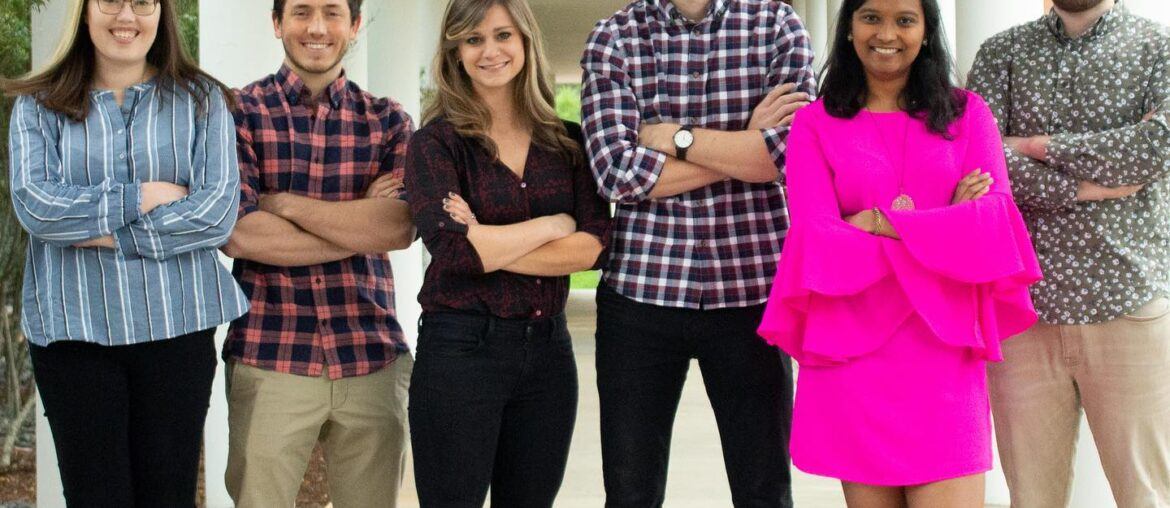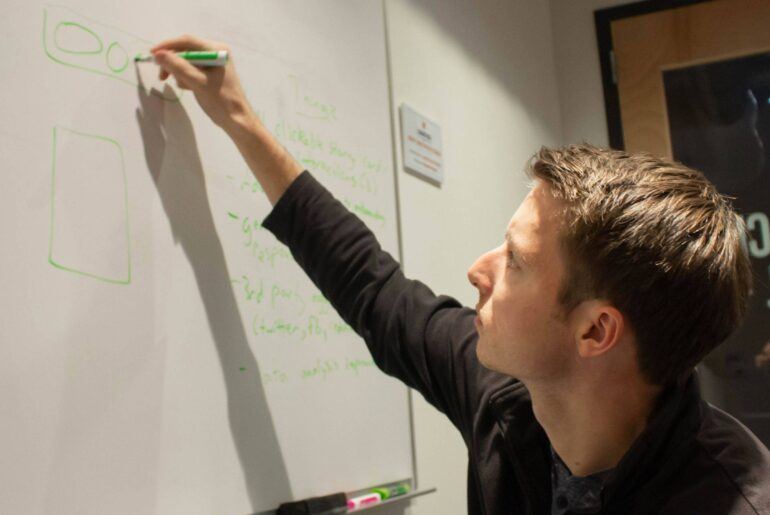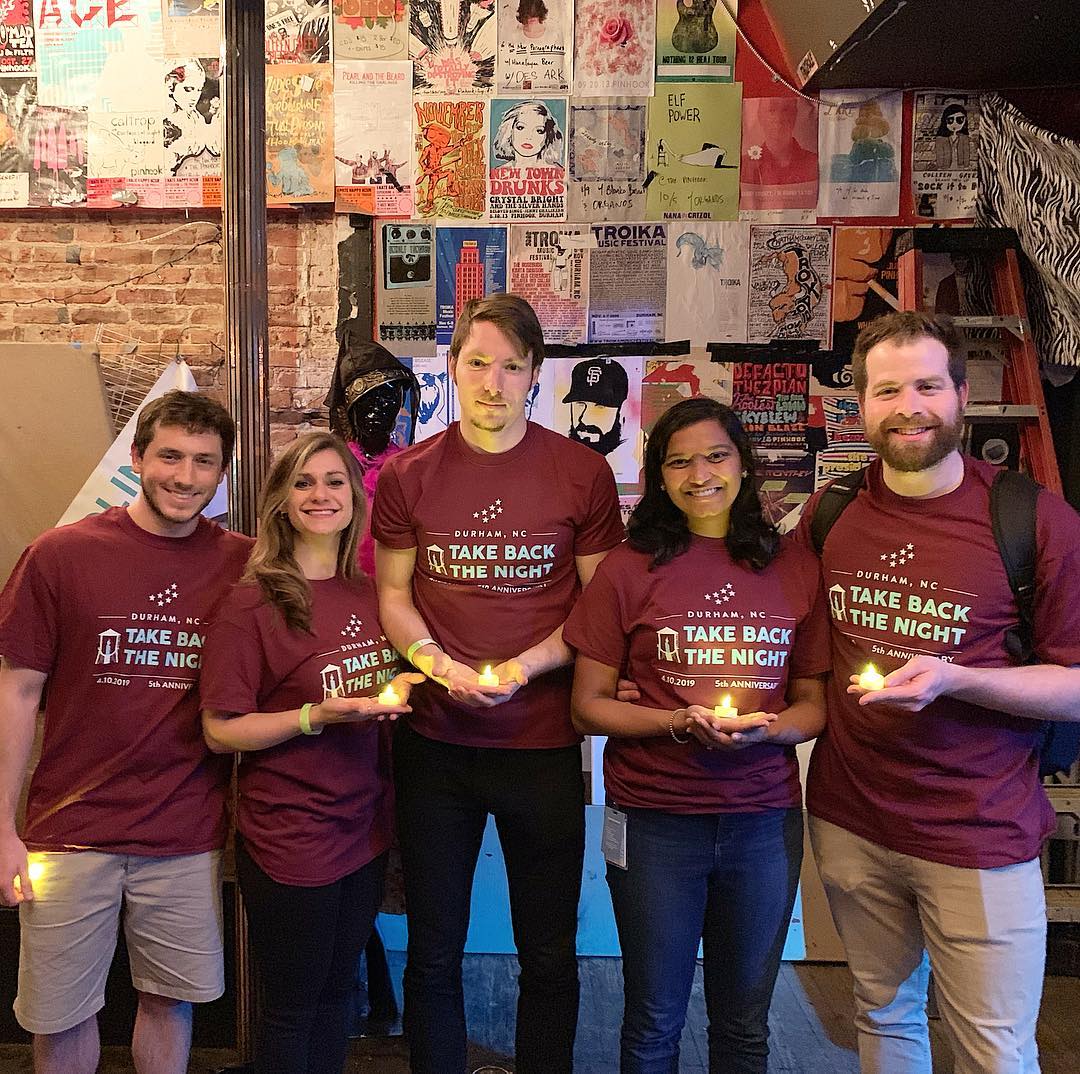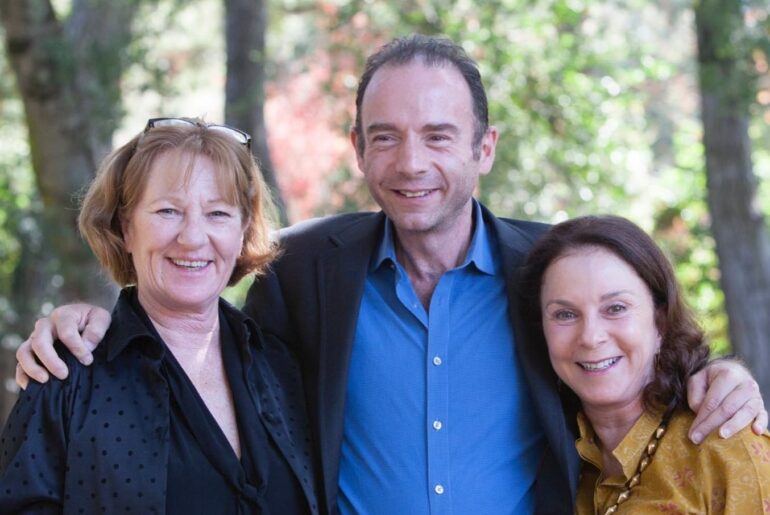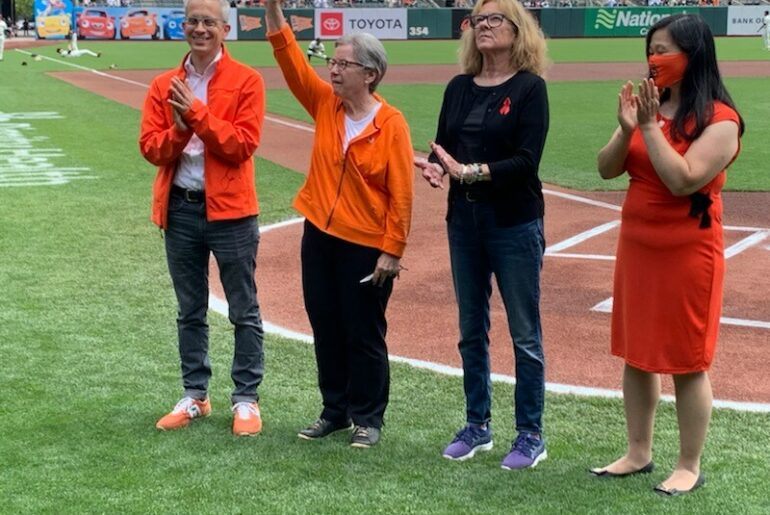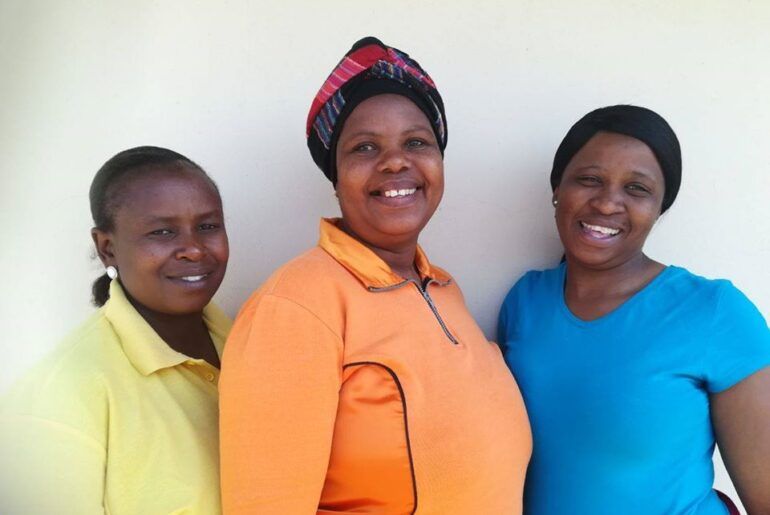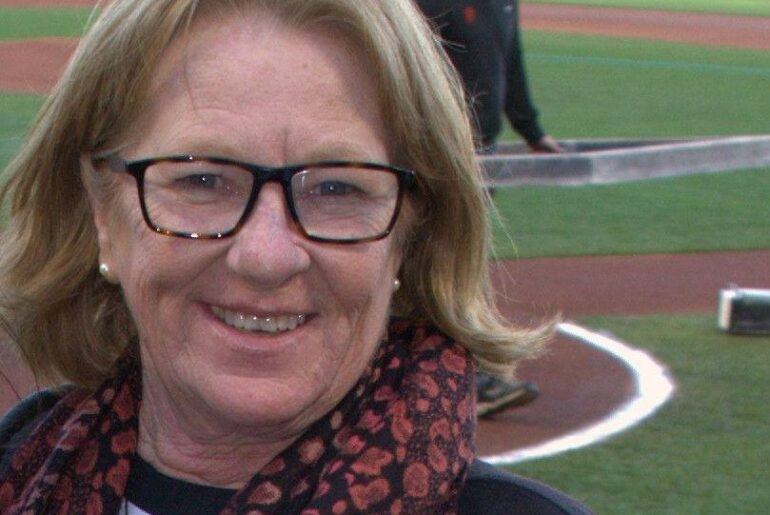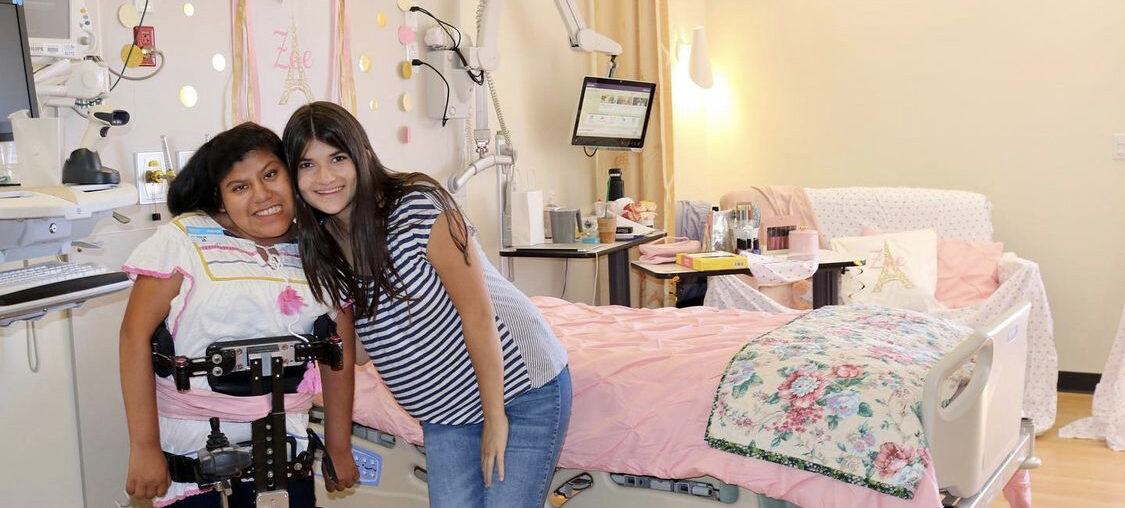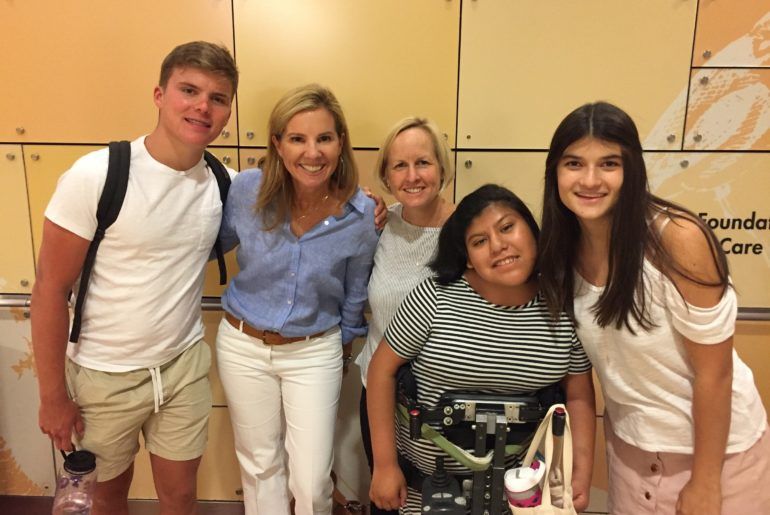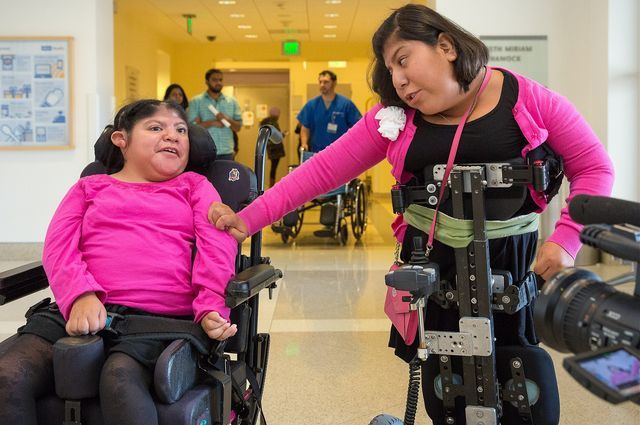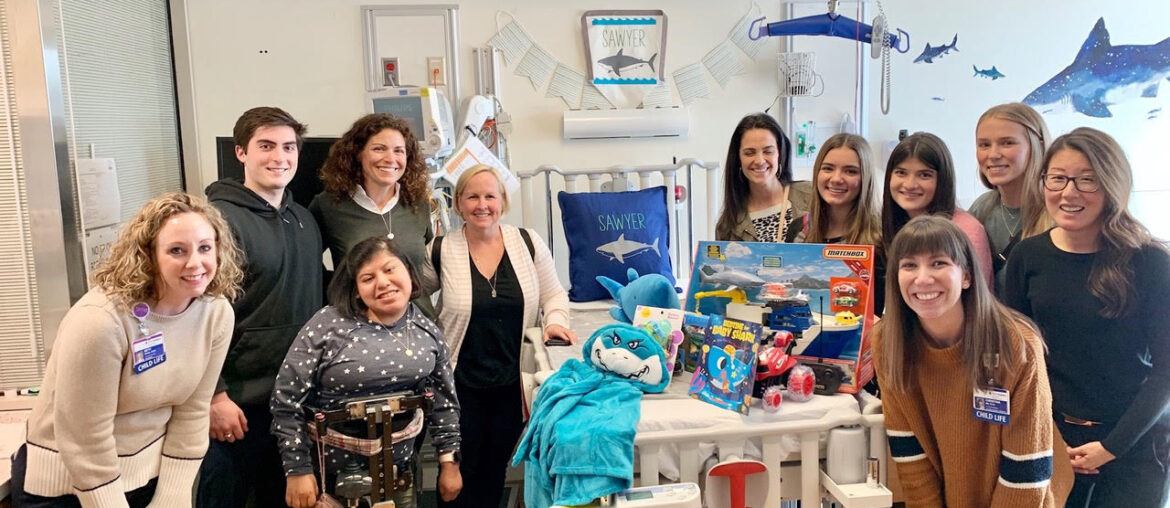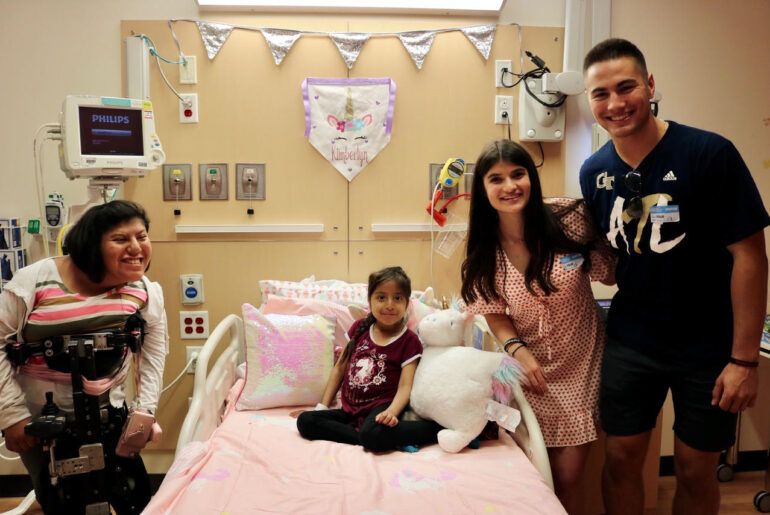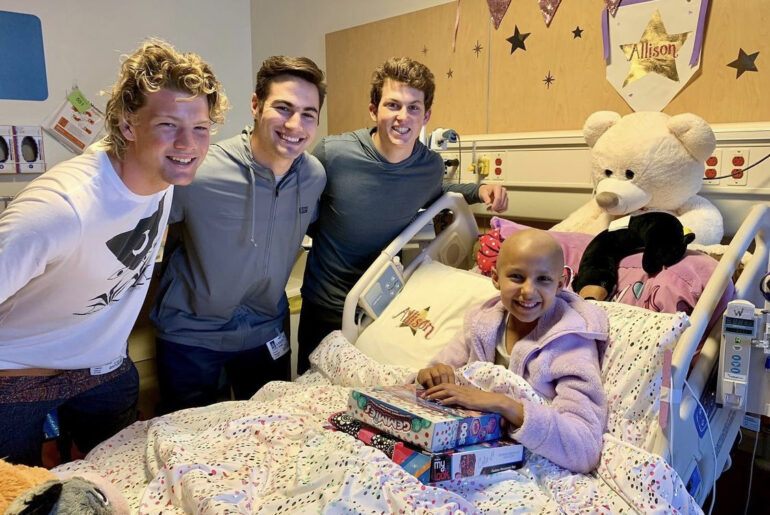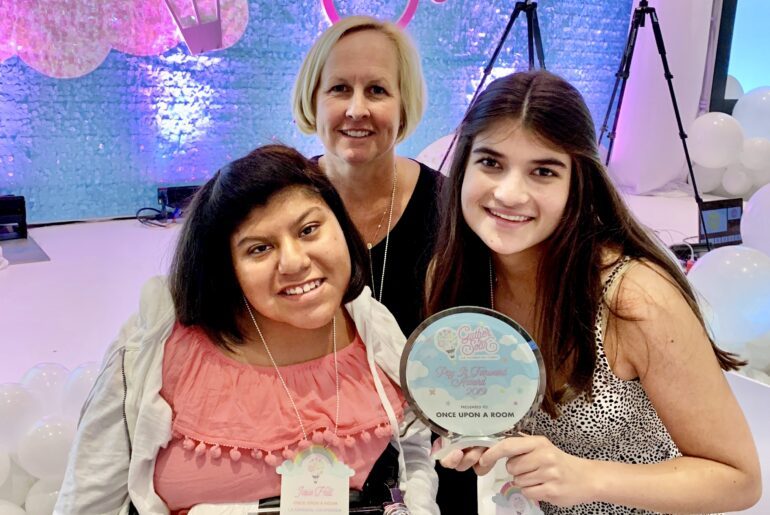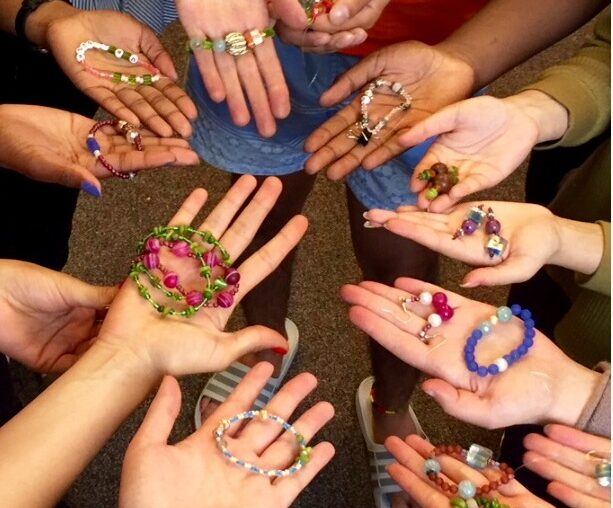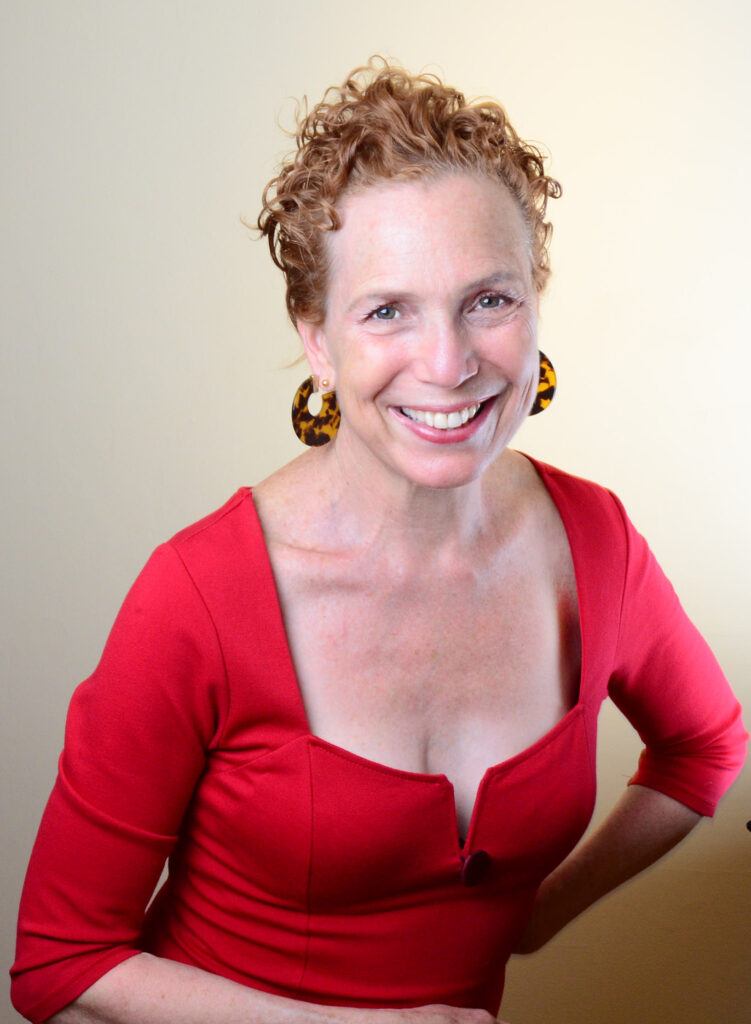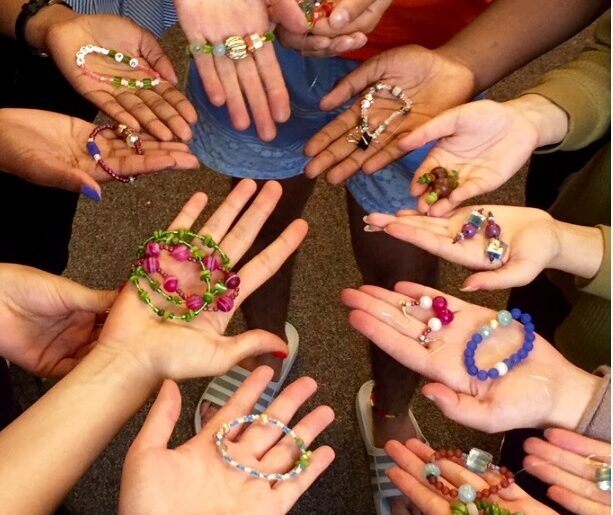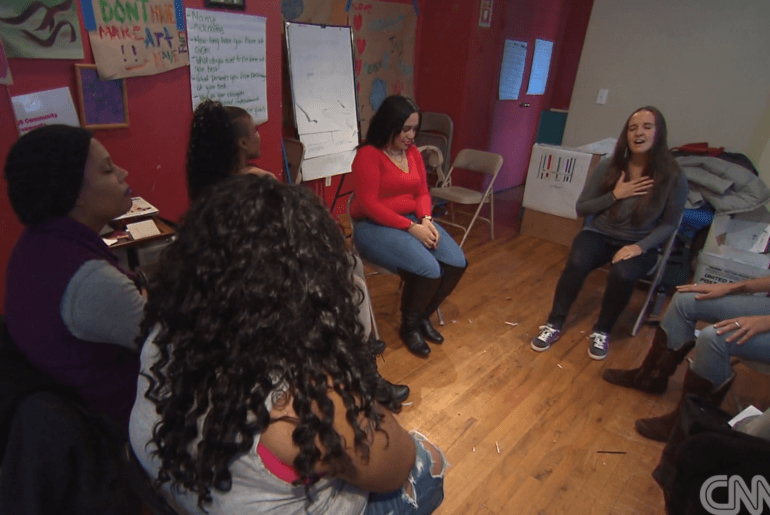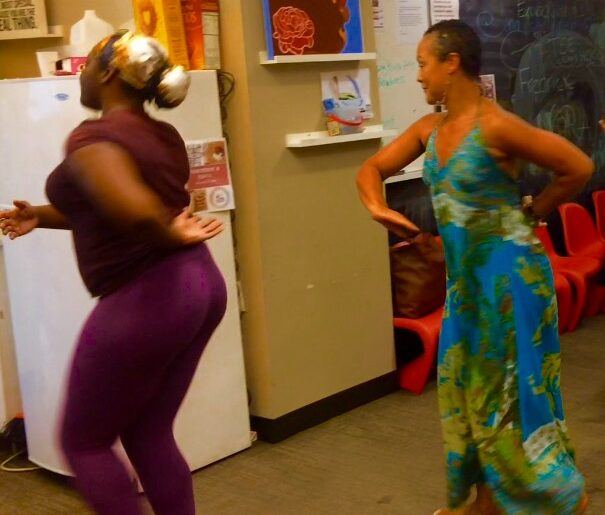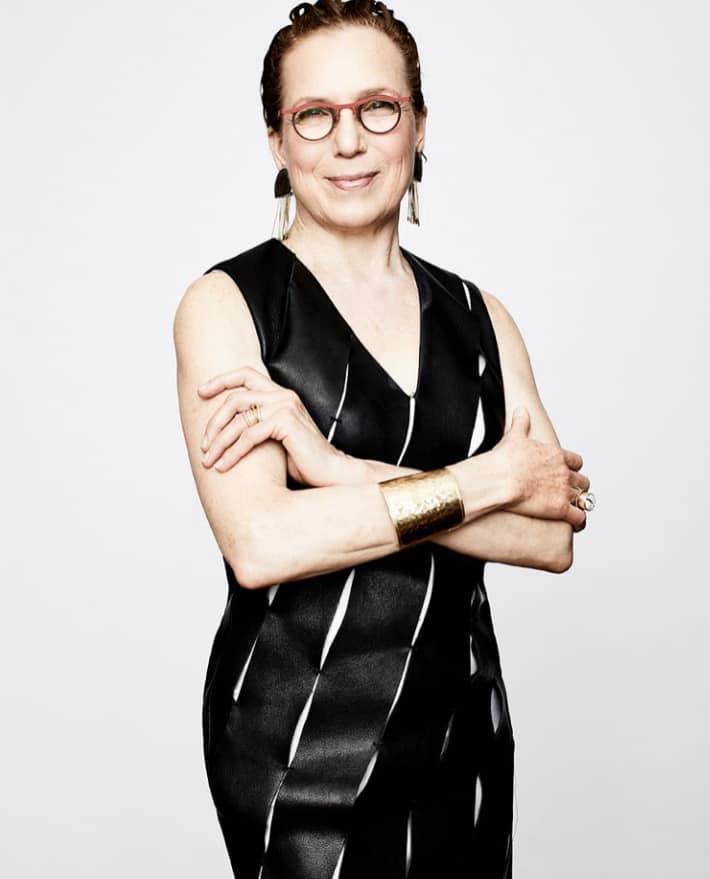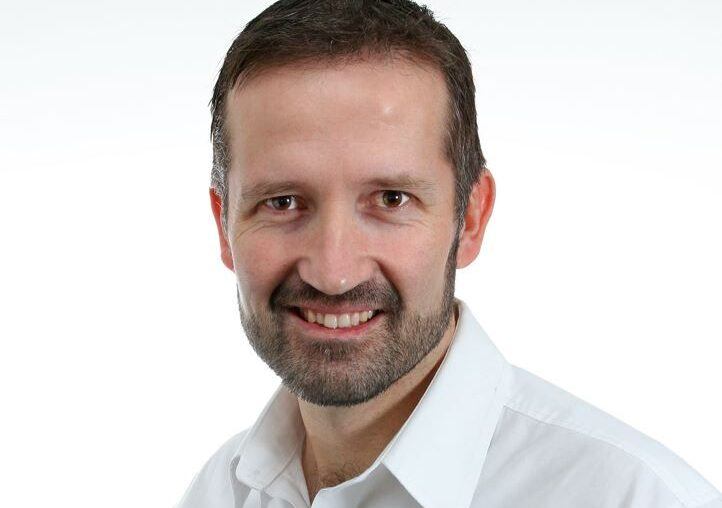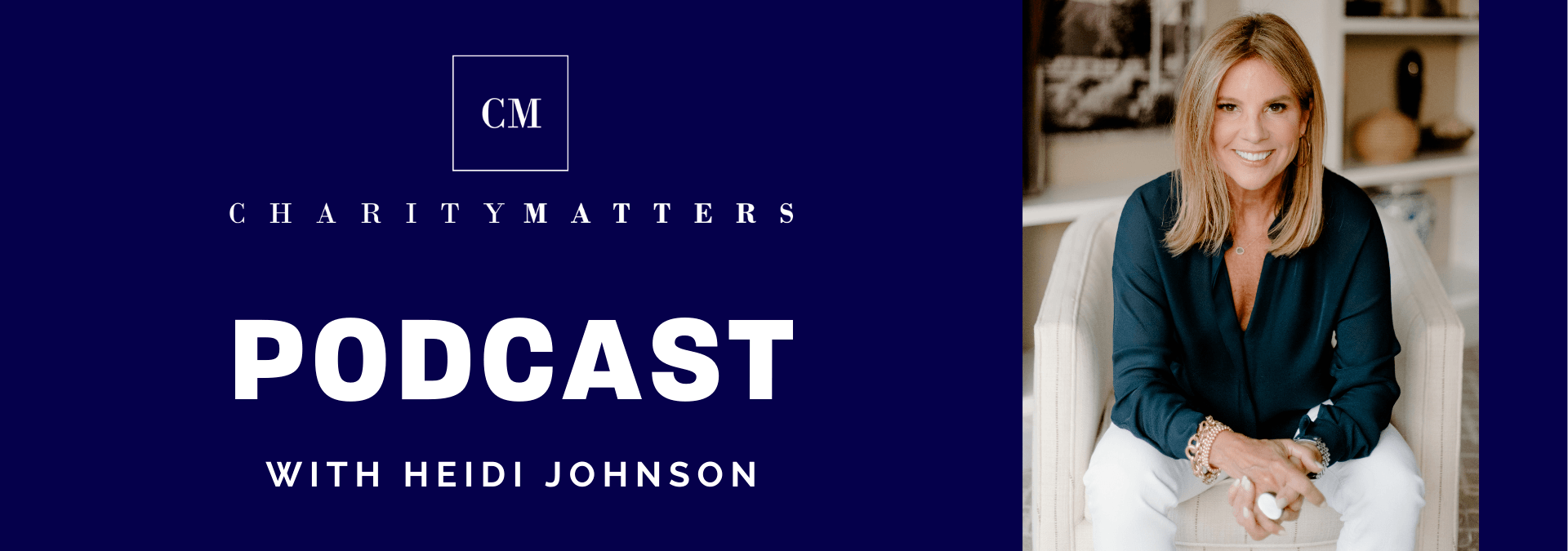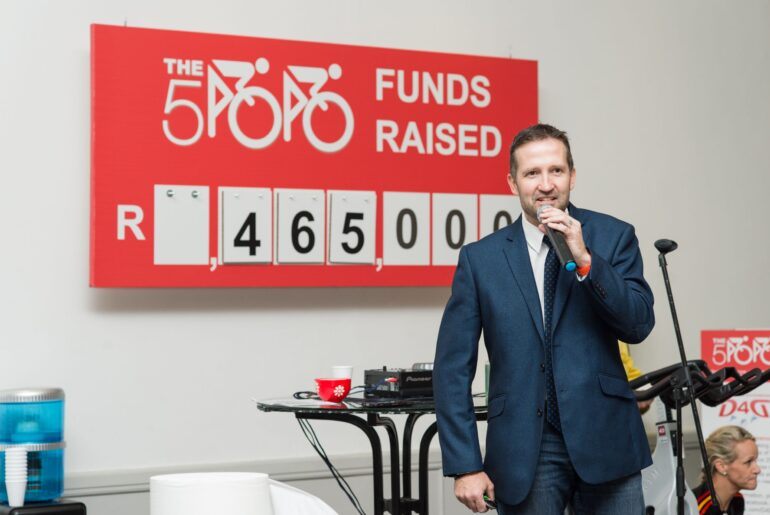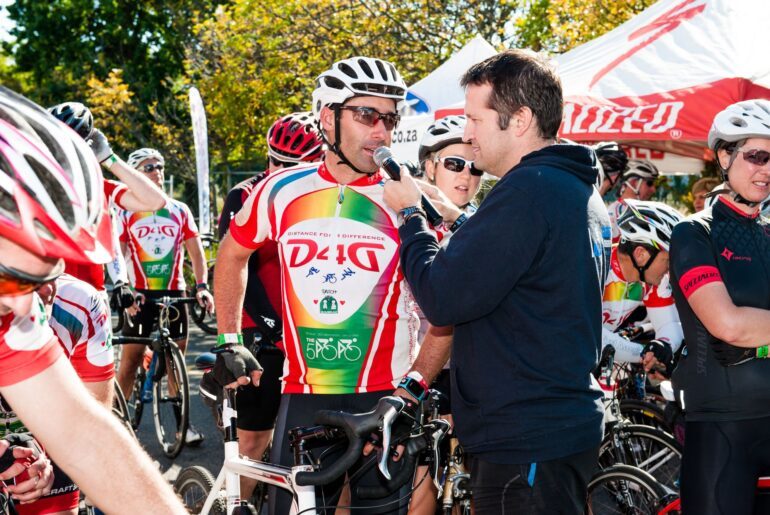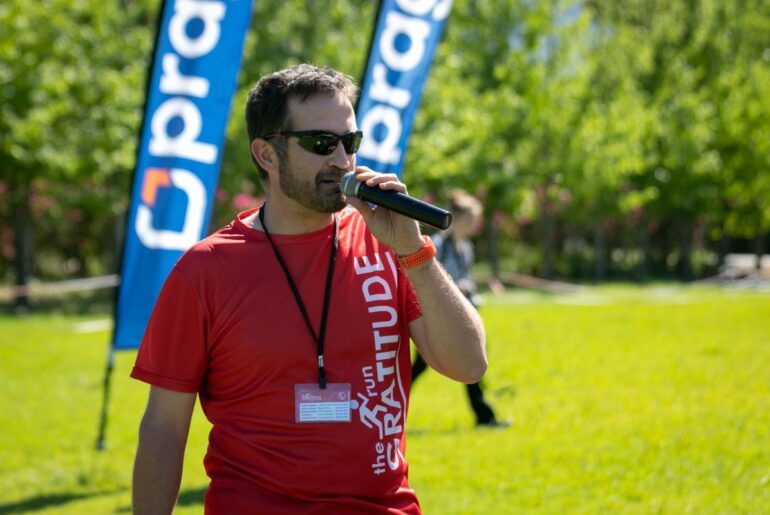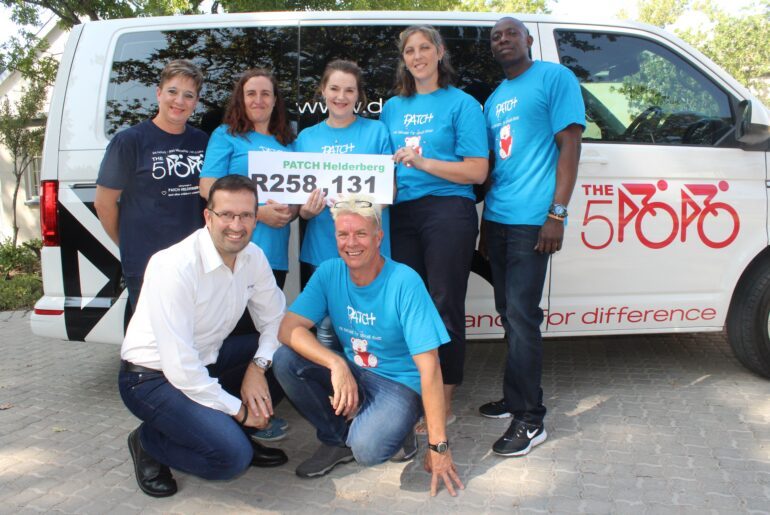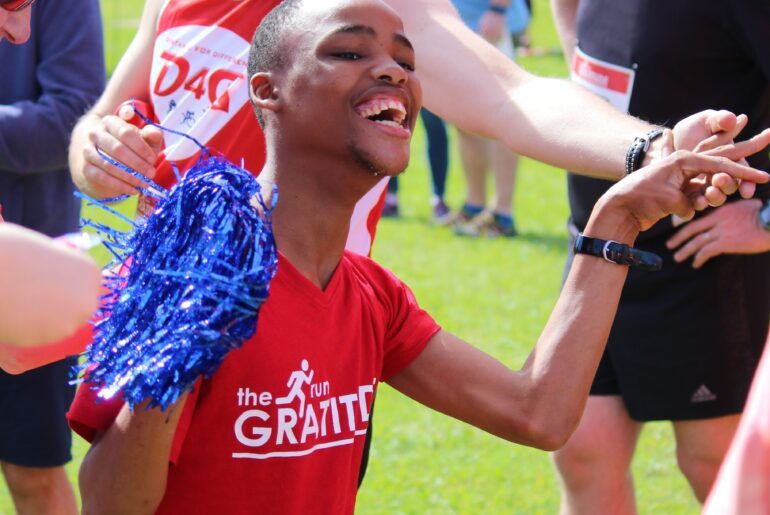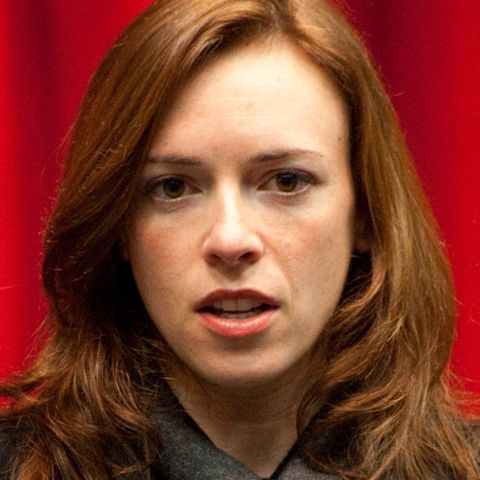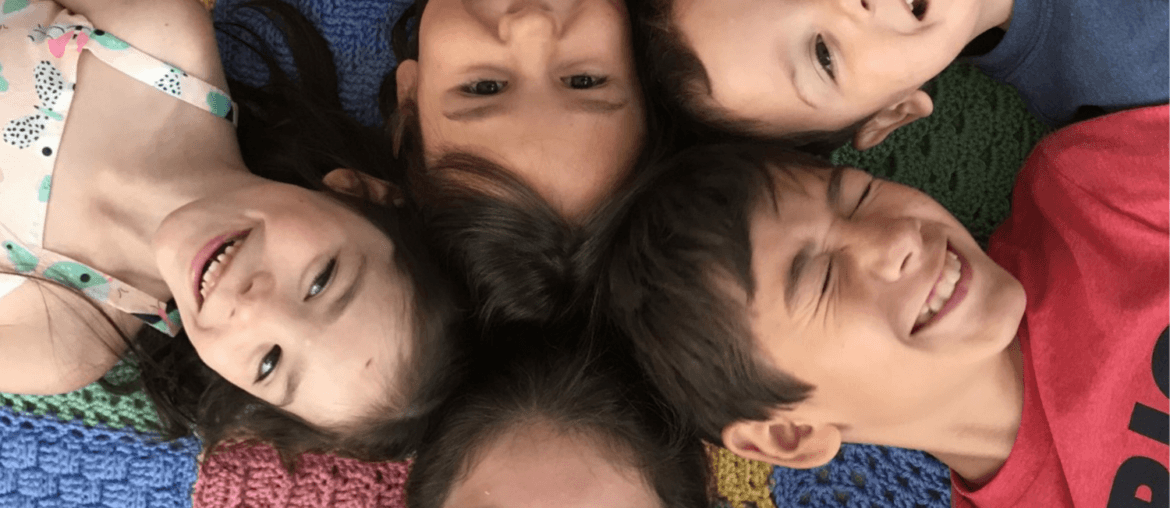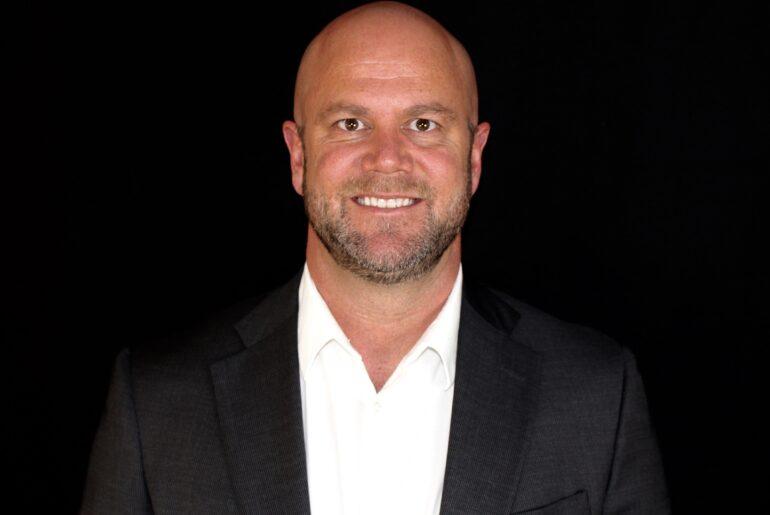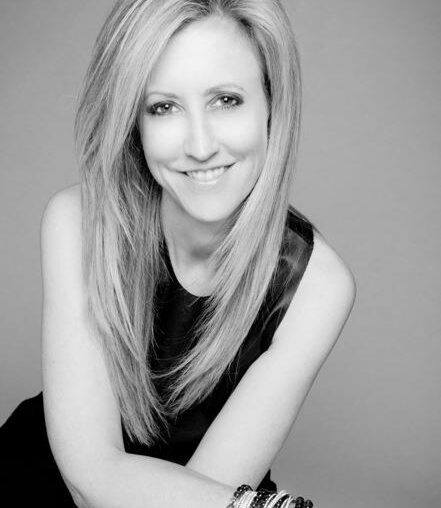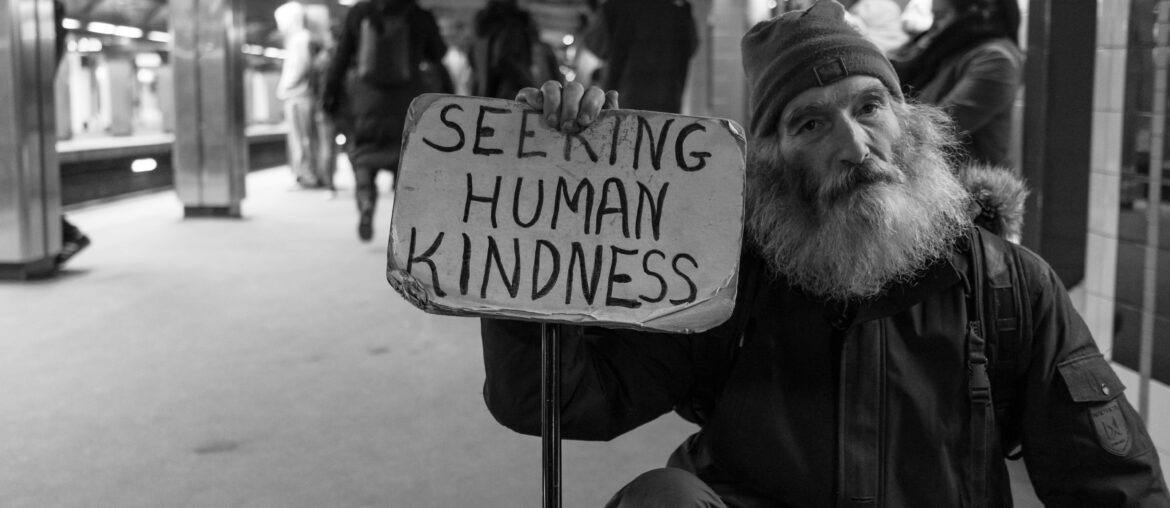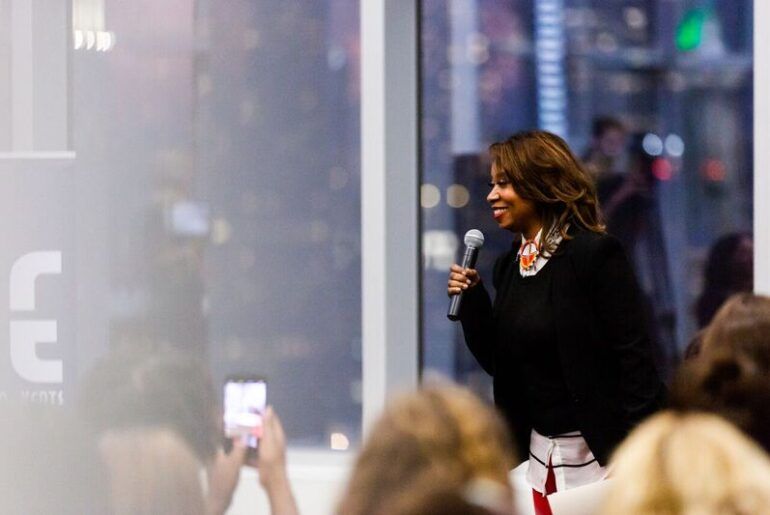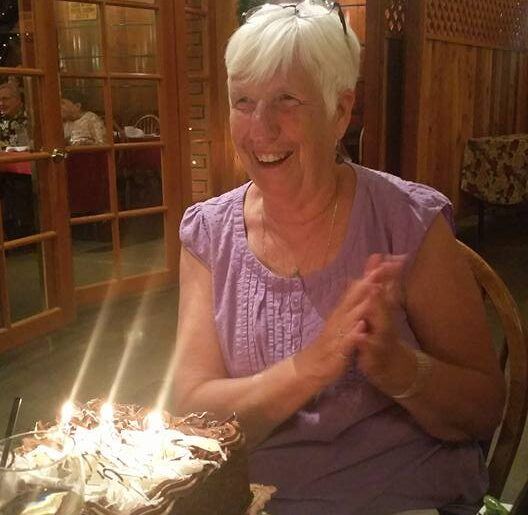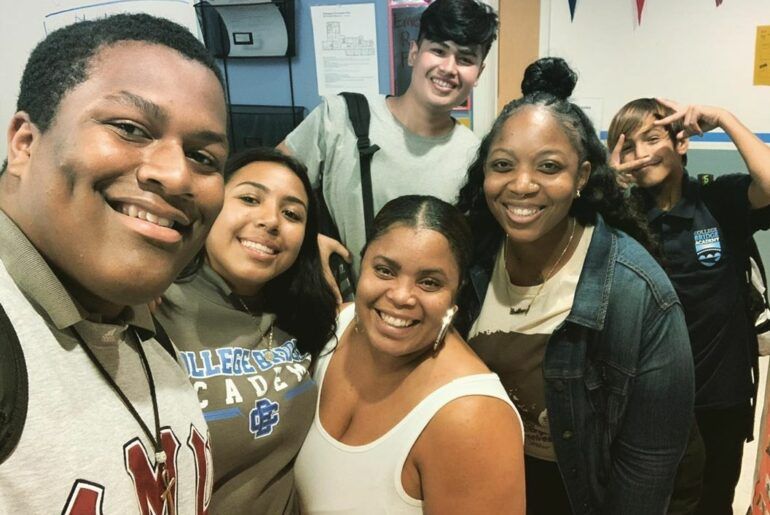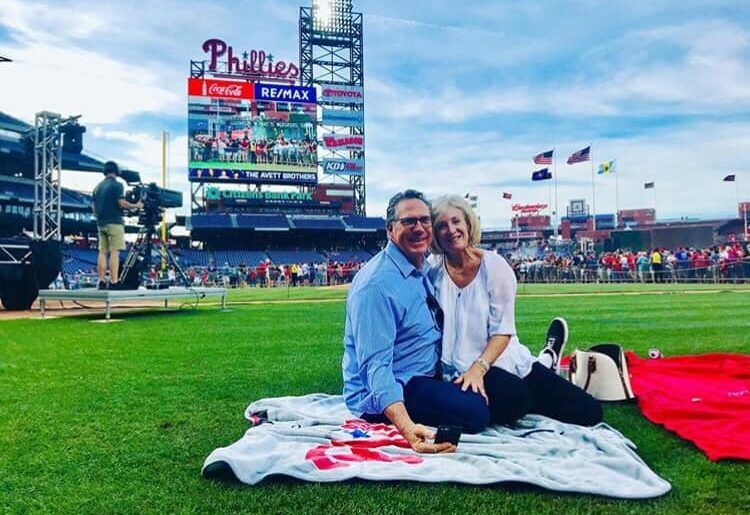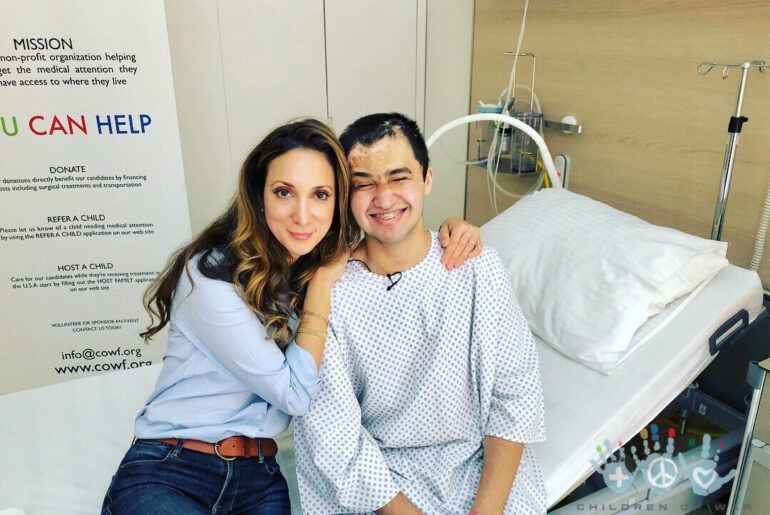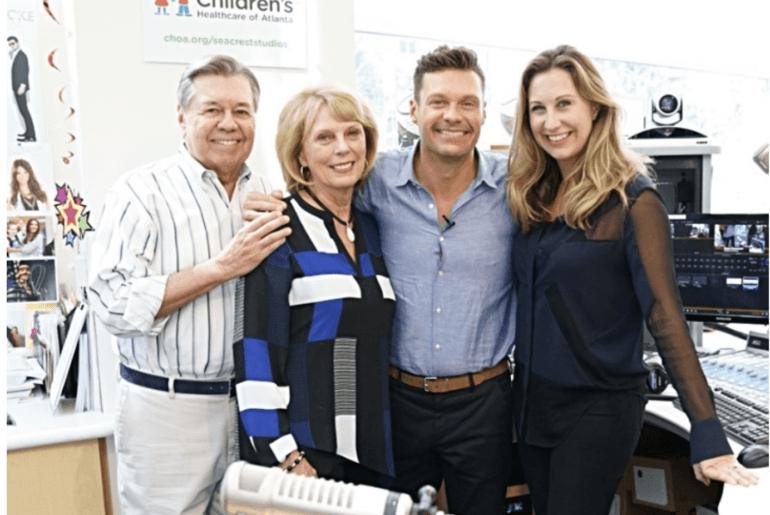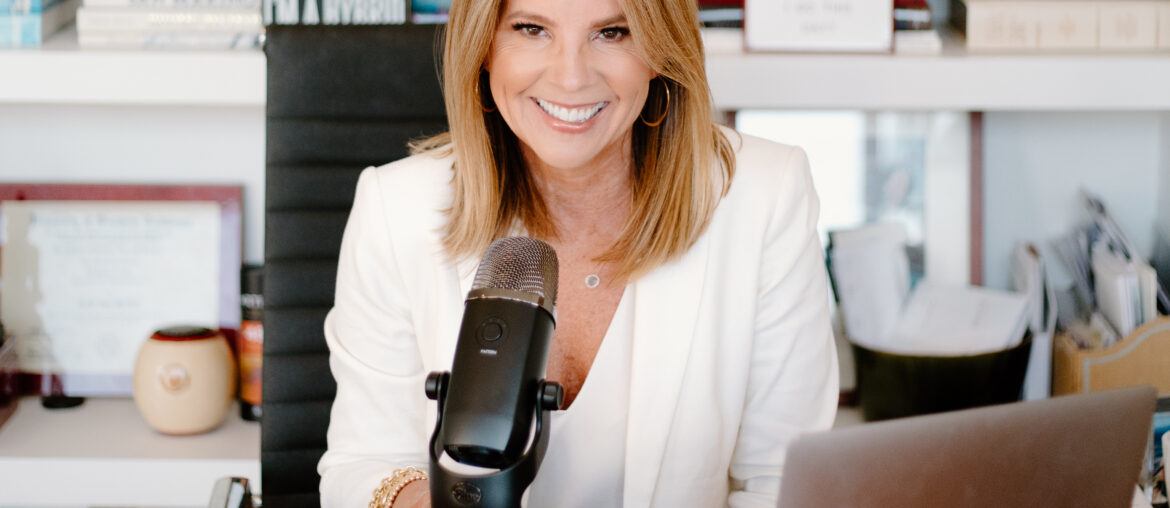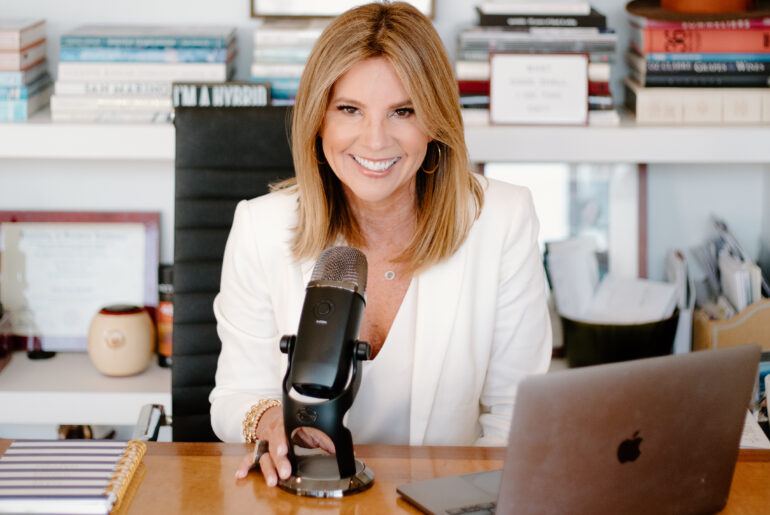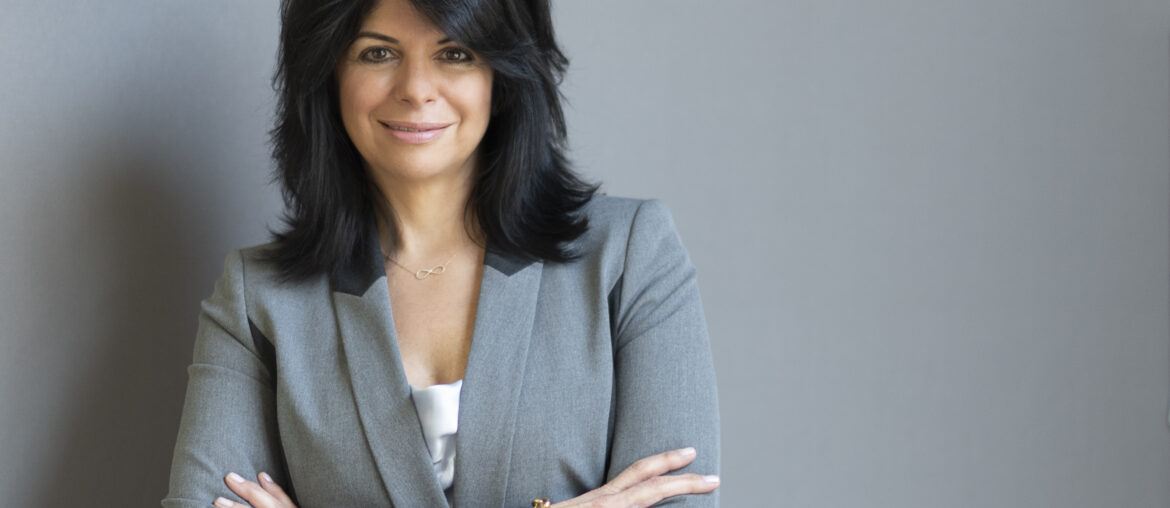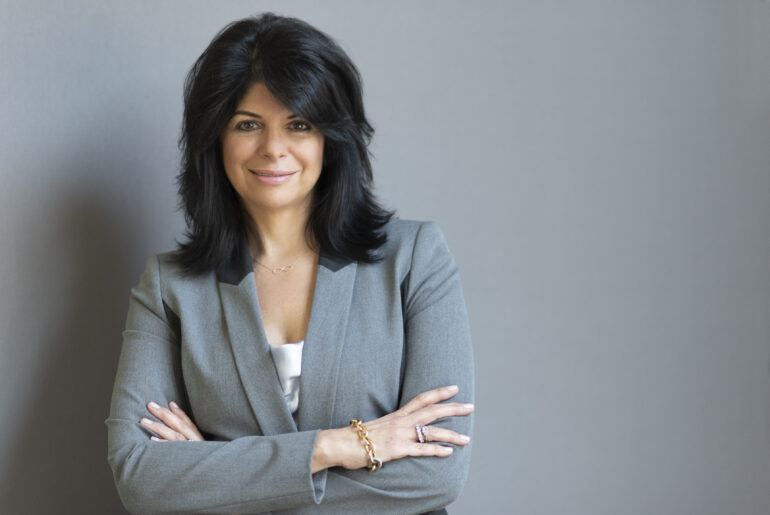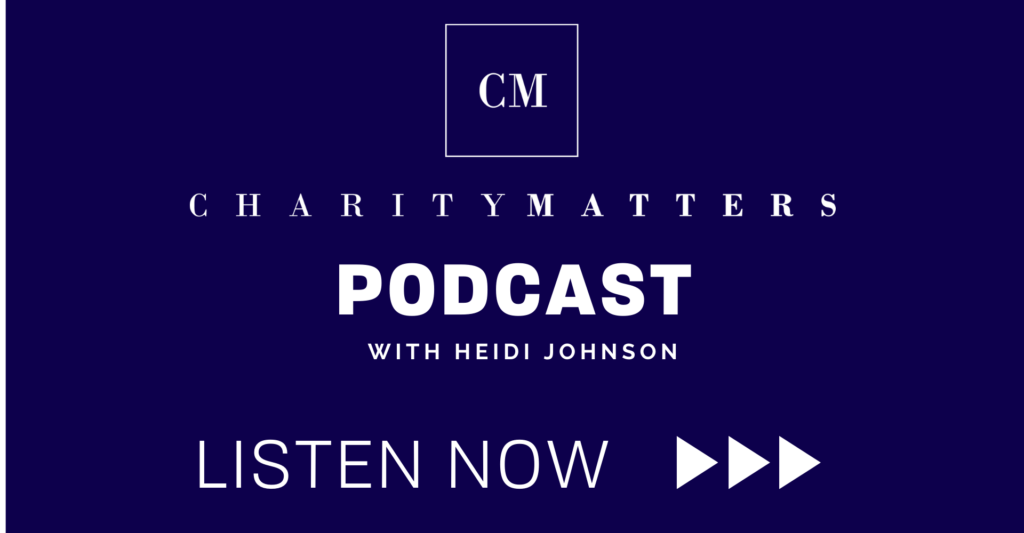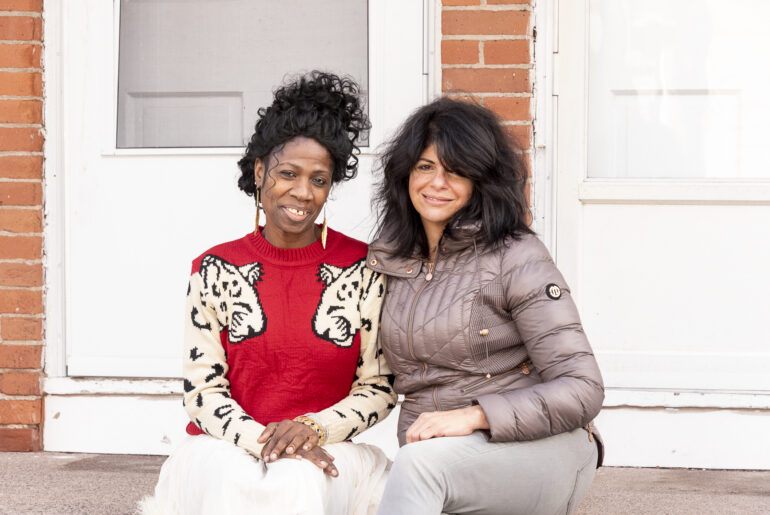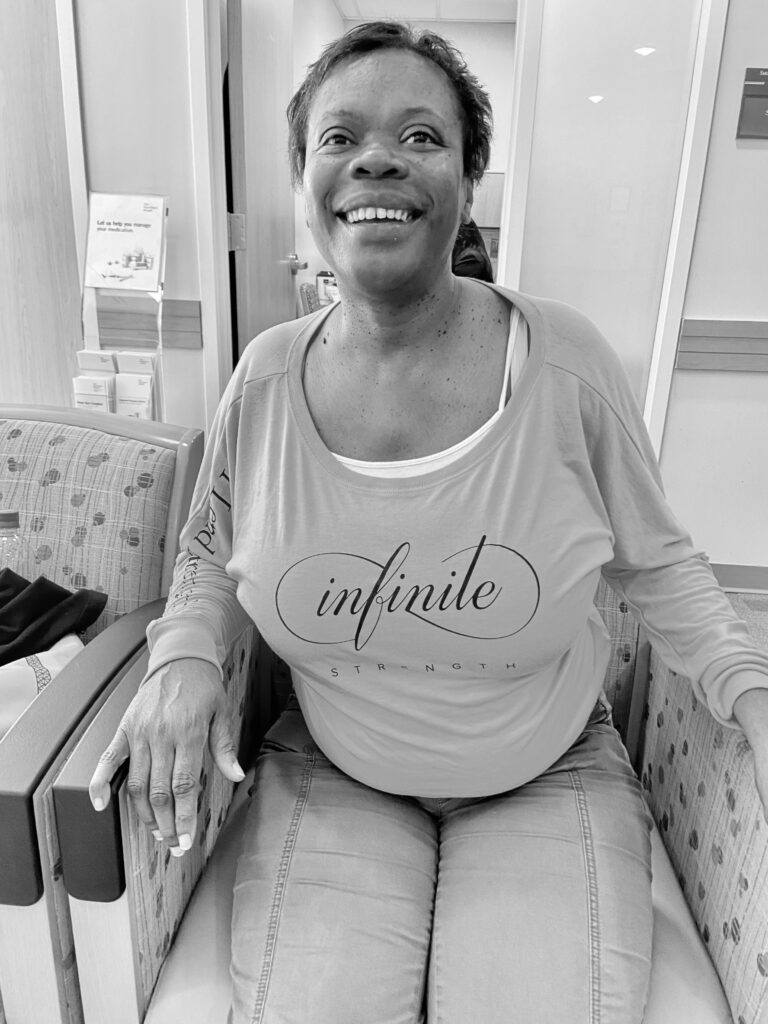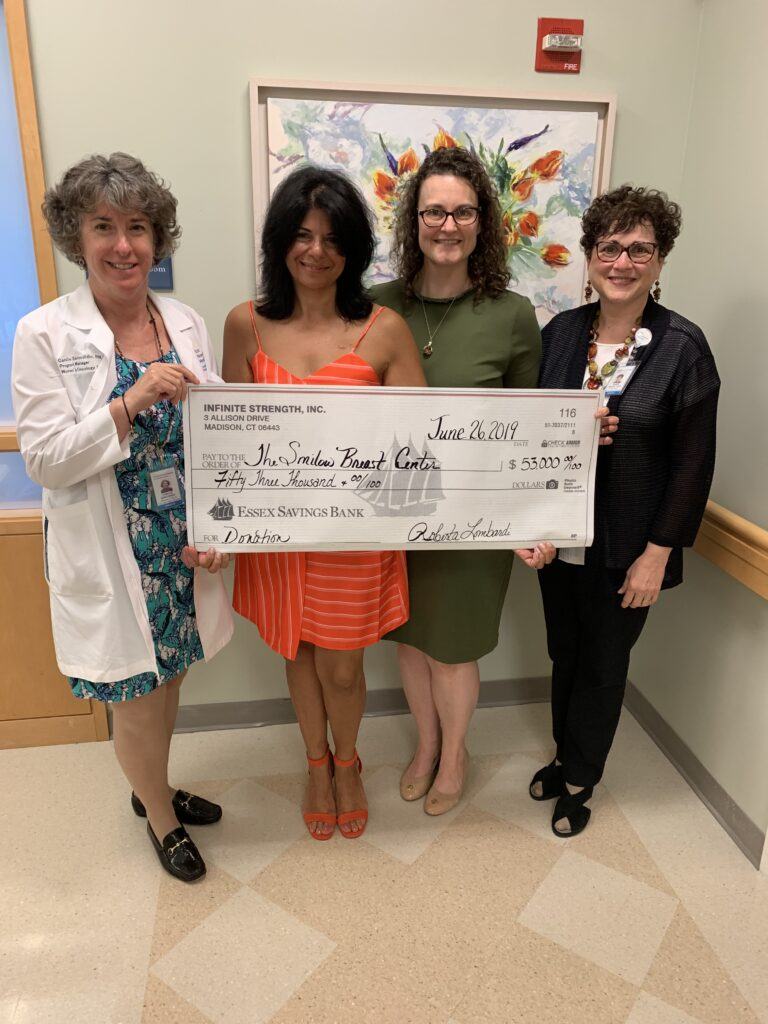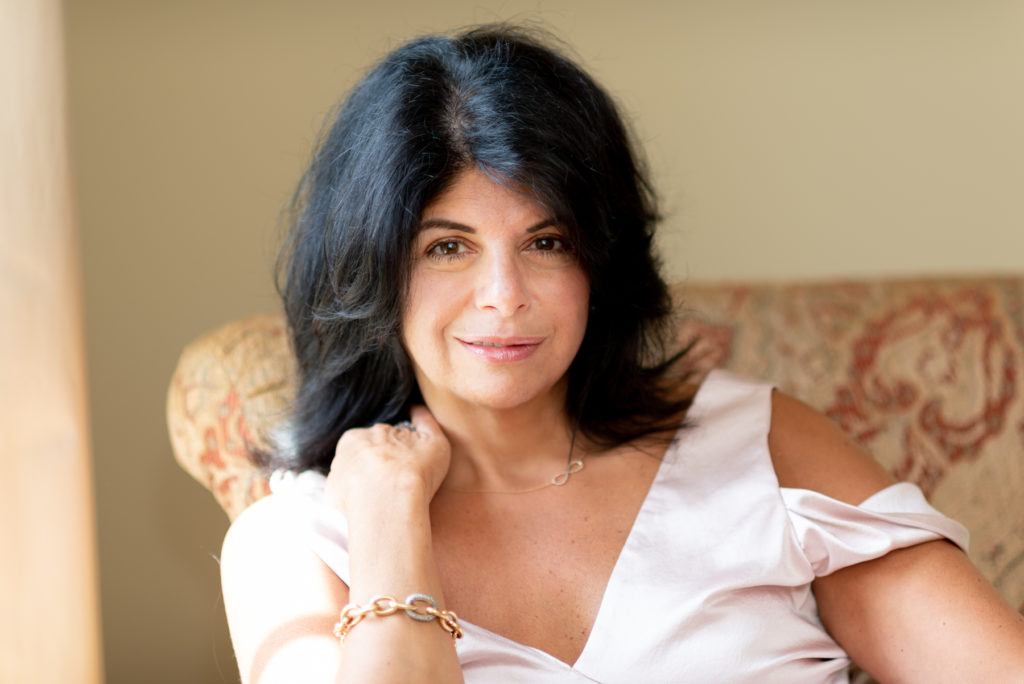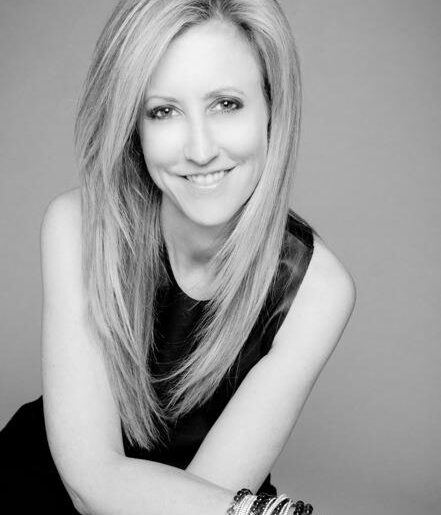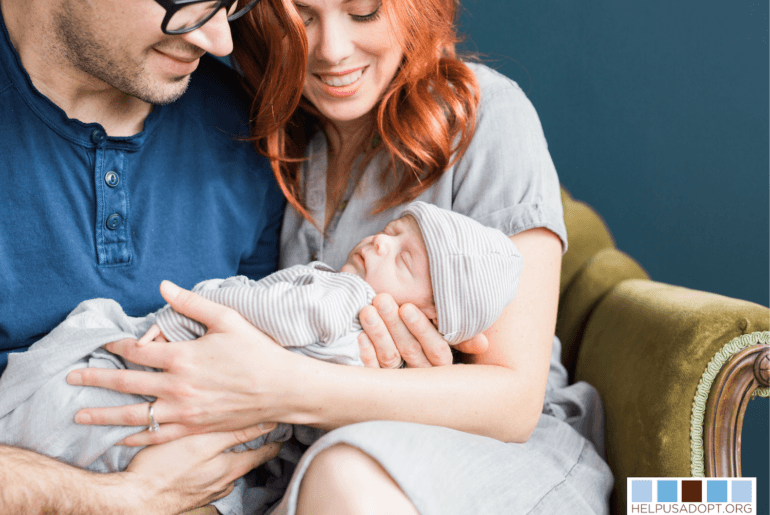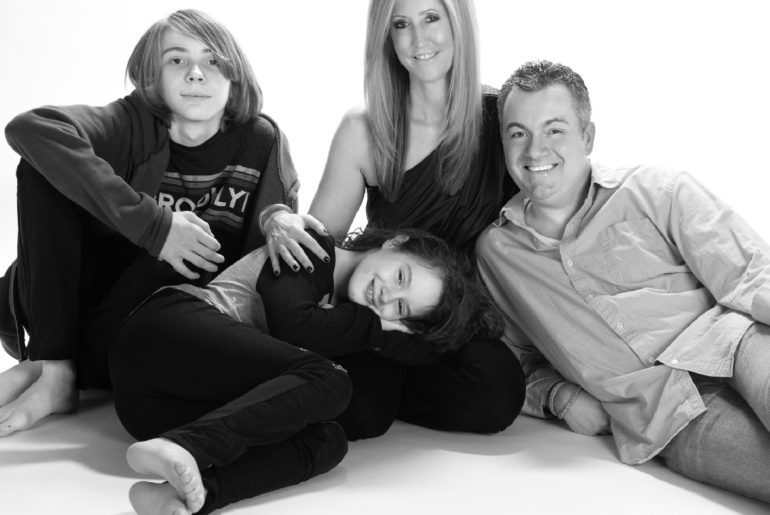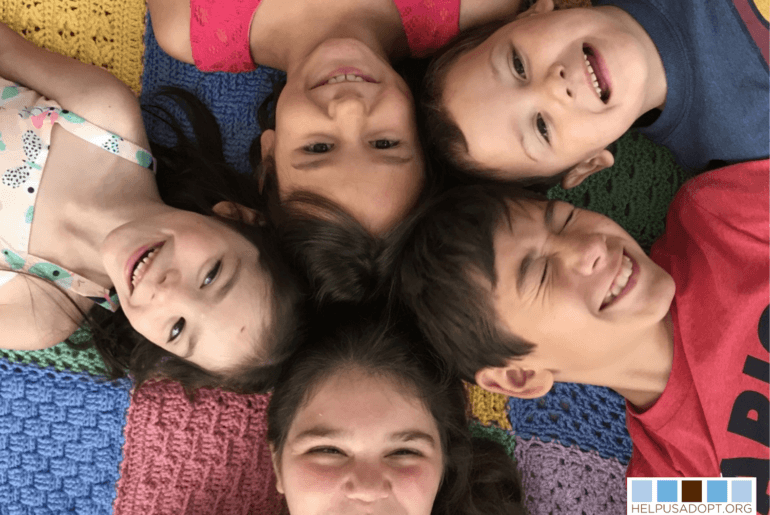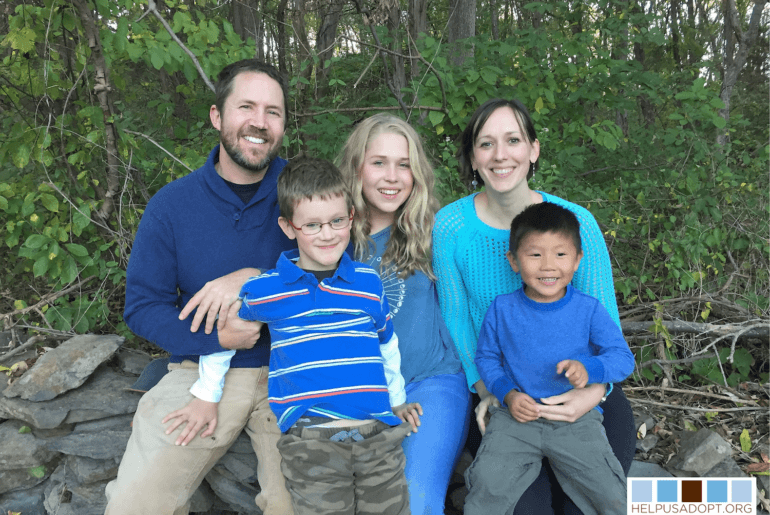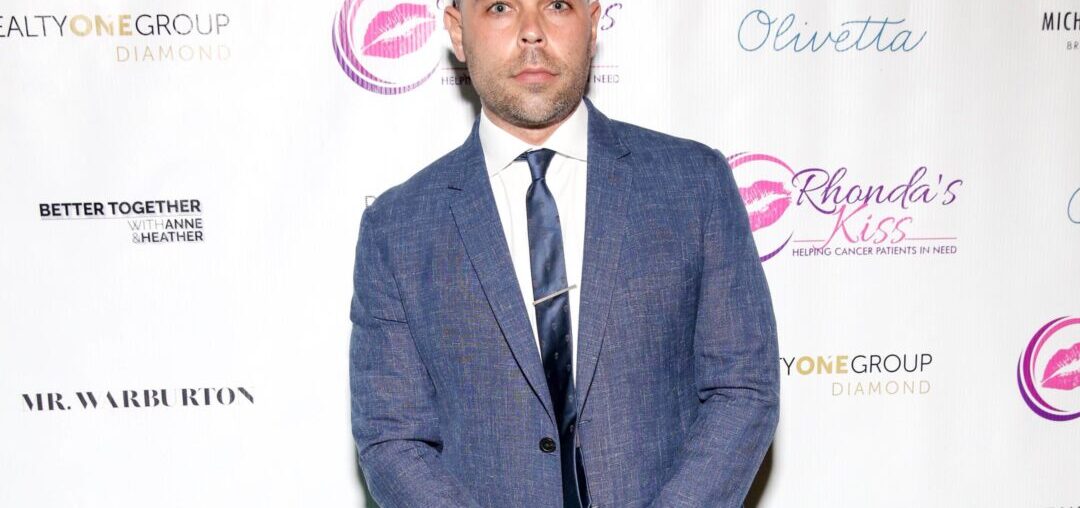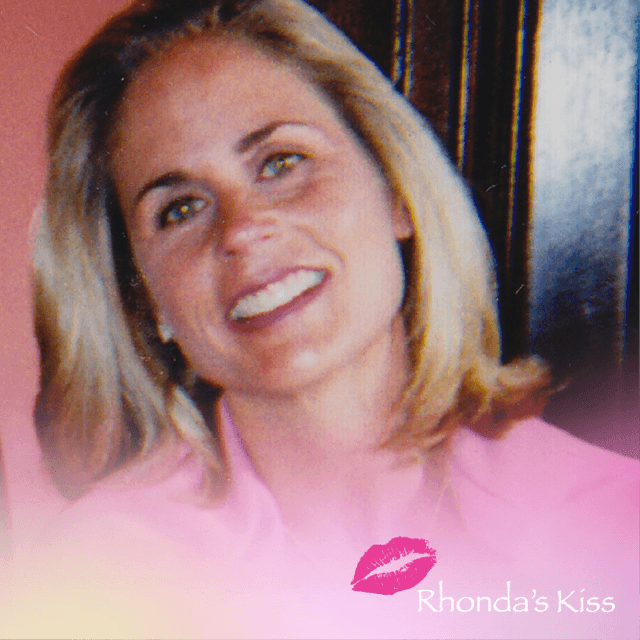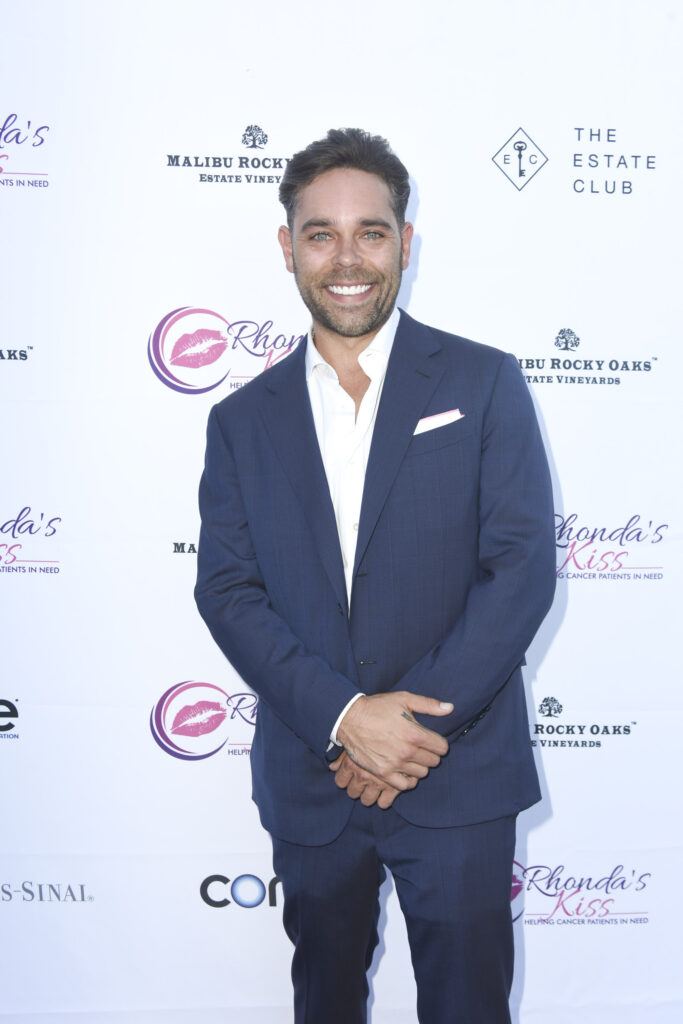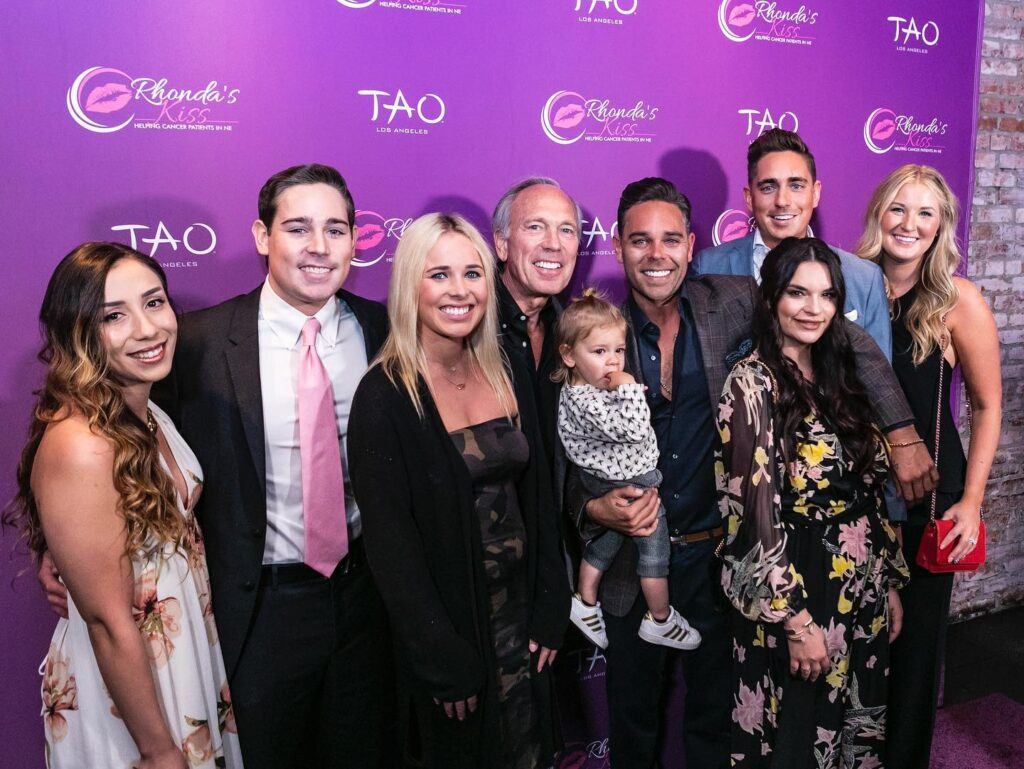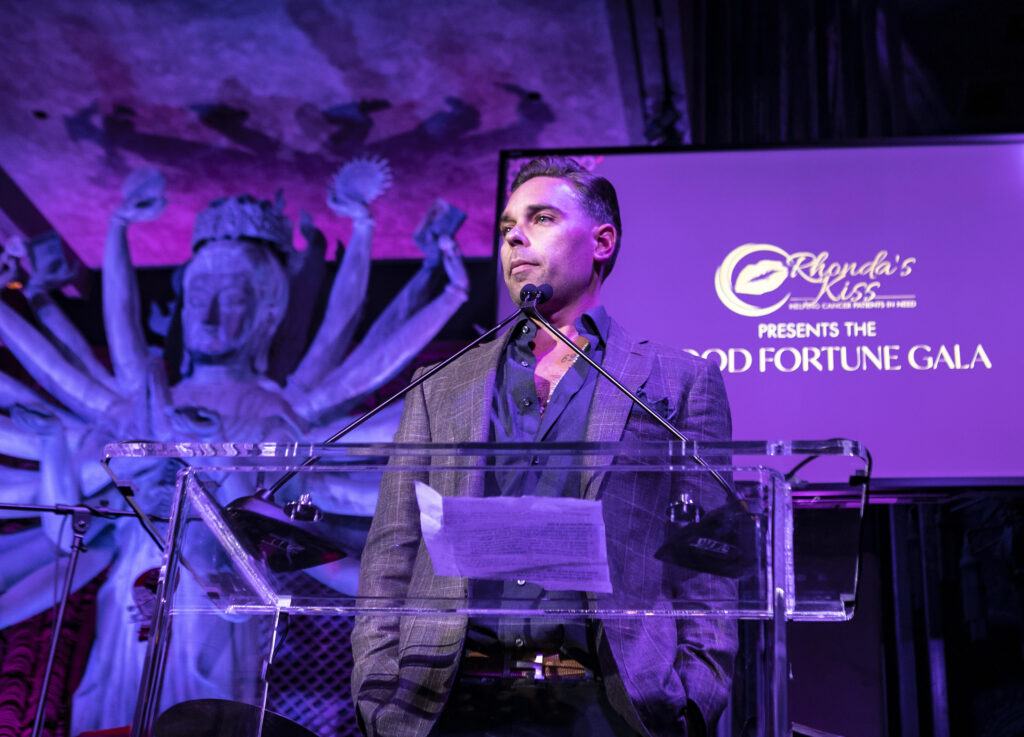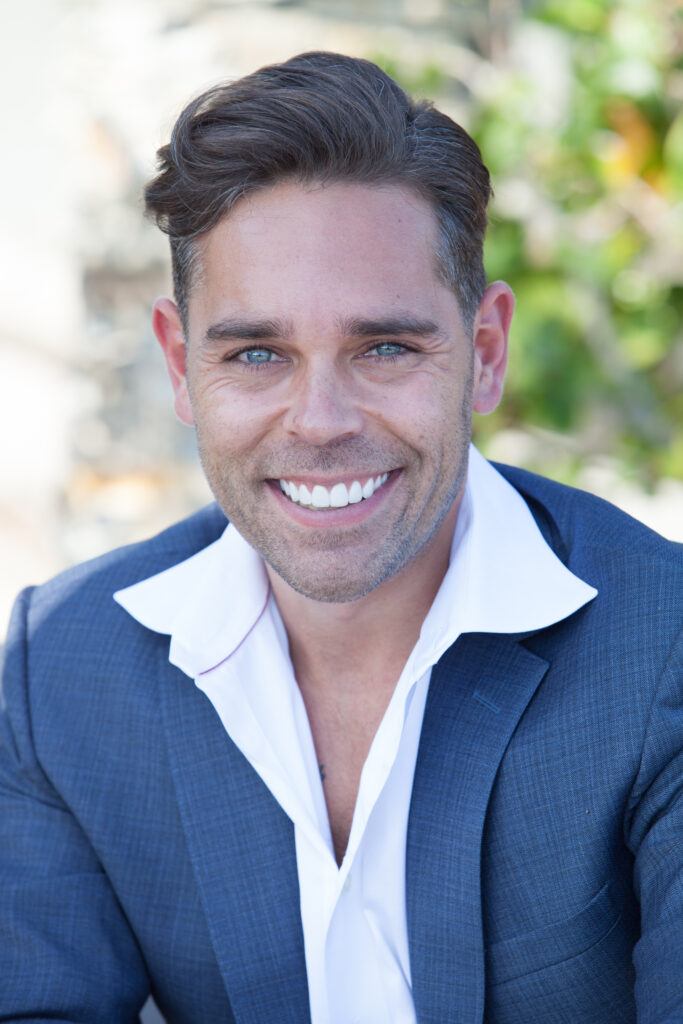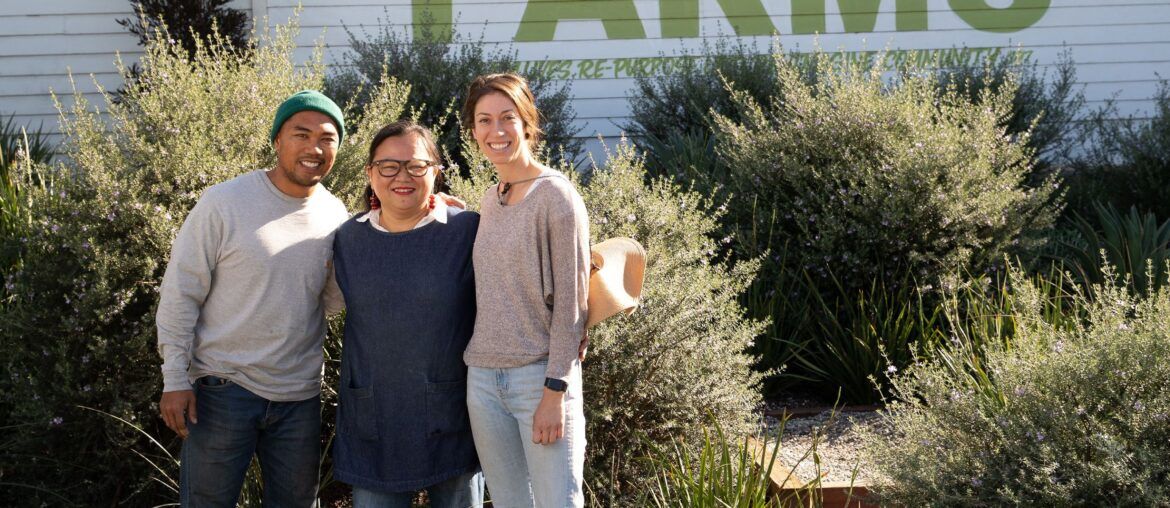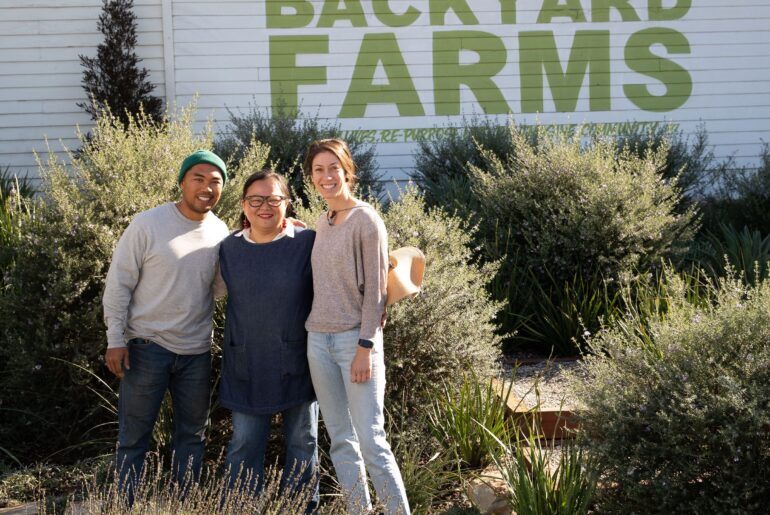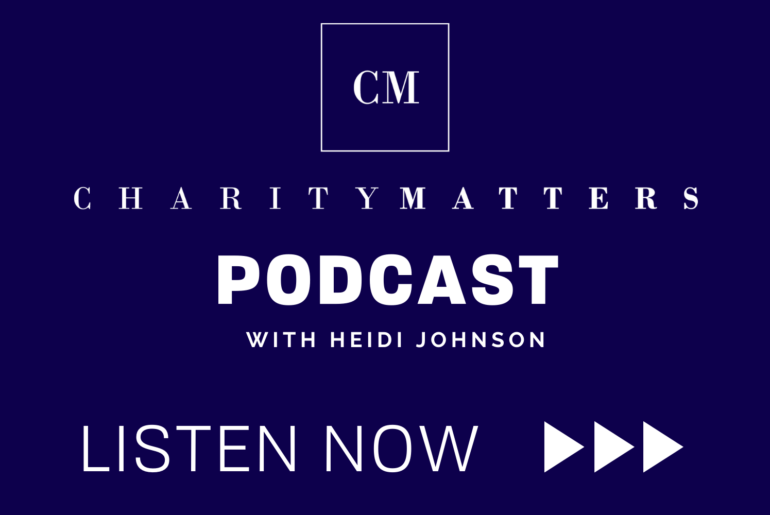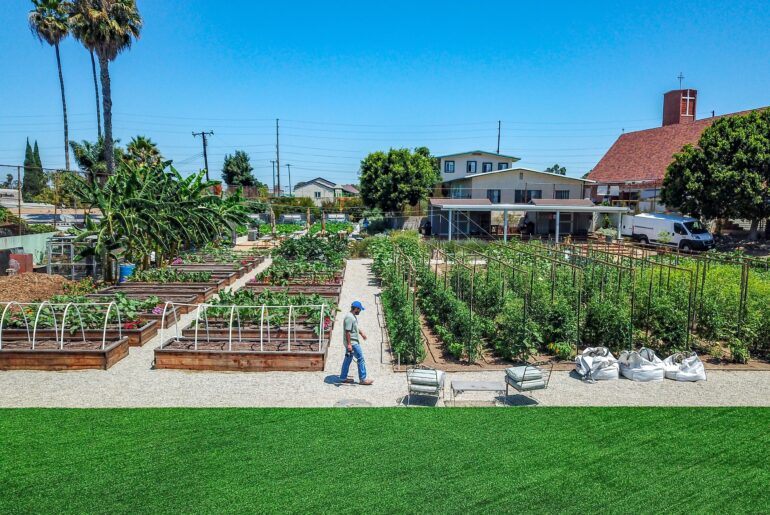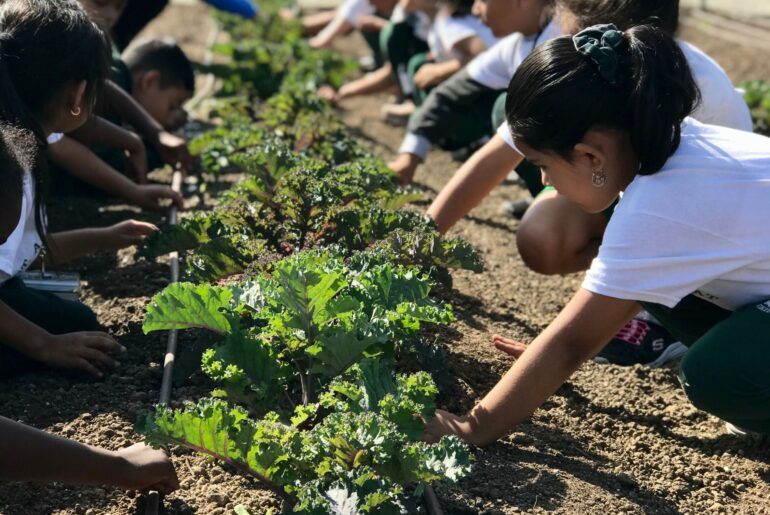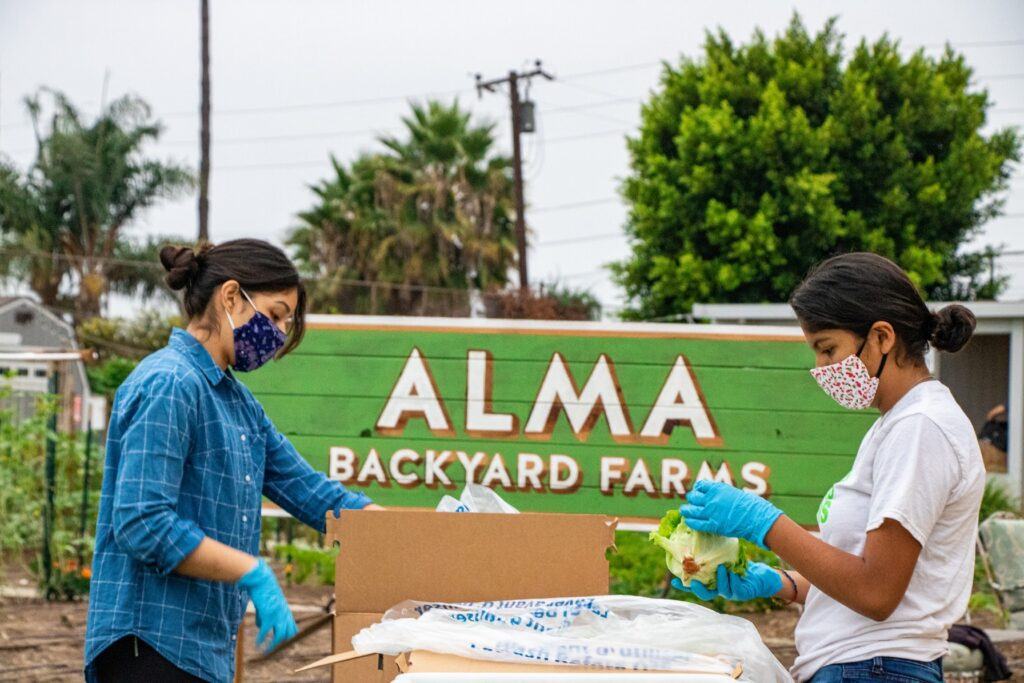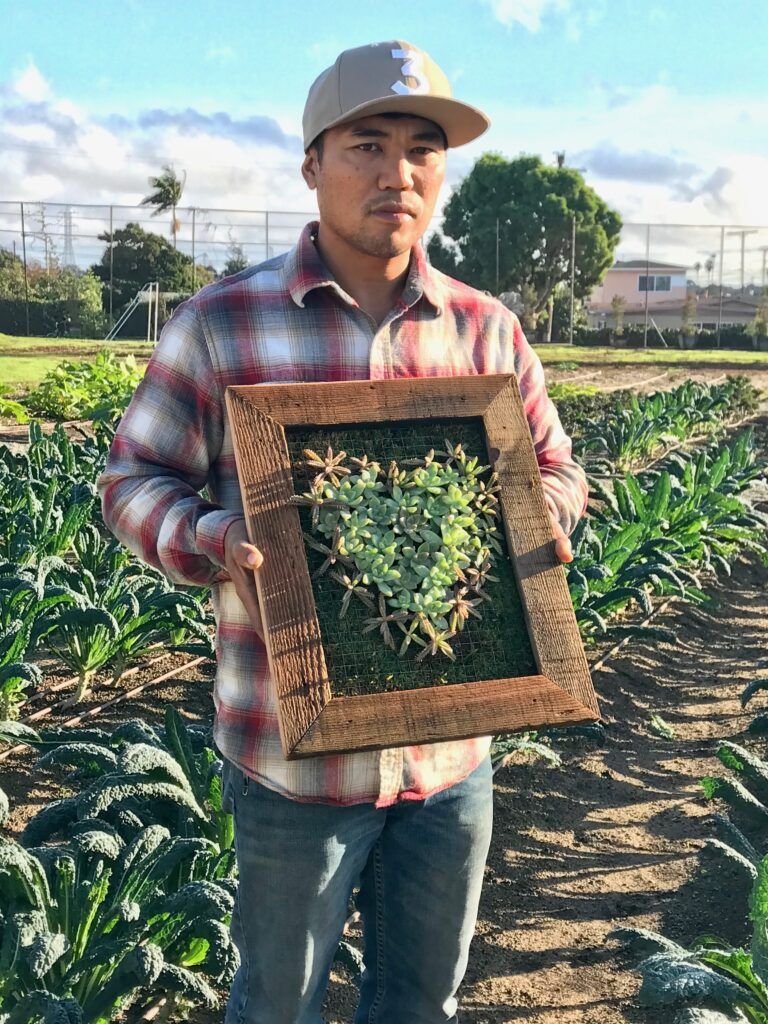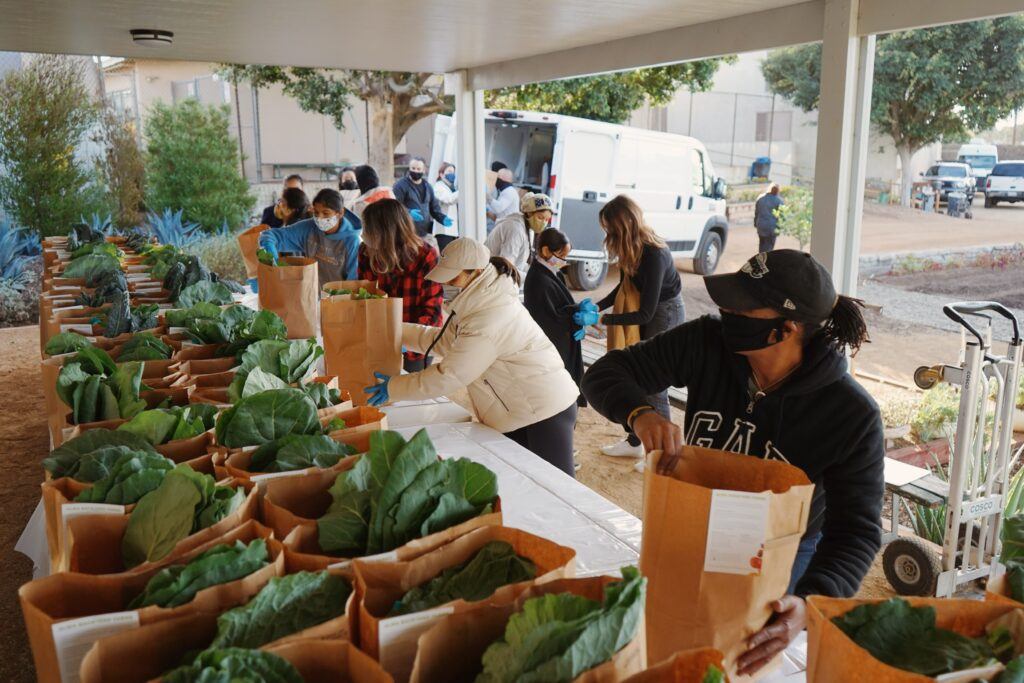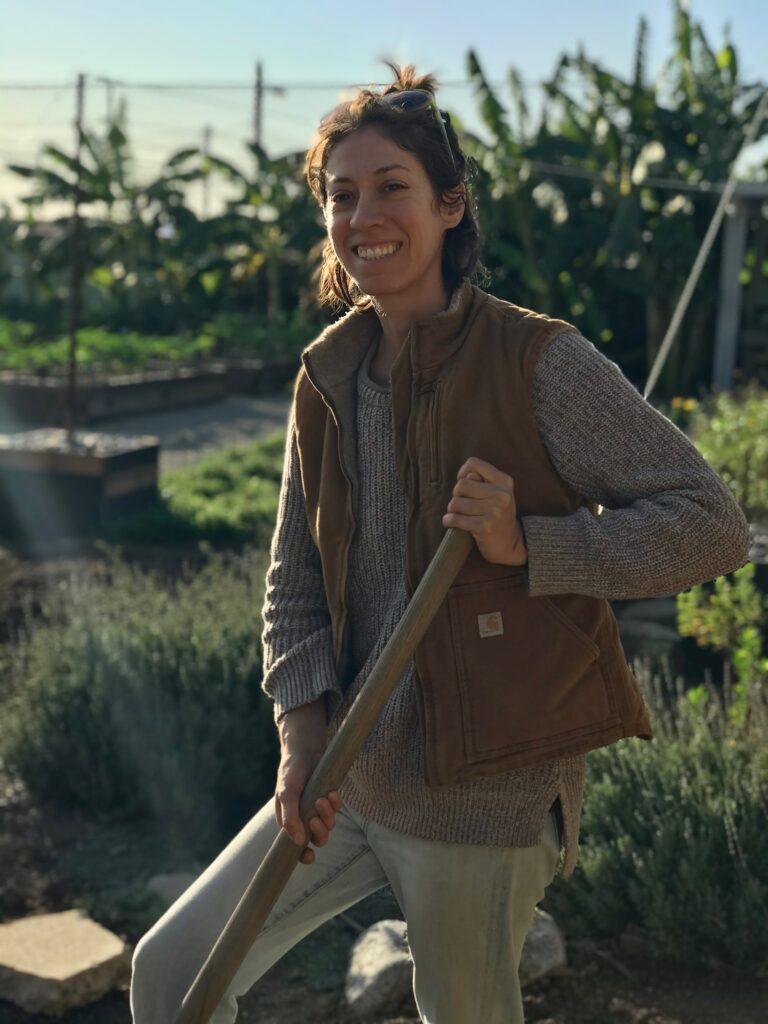Last year when we were contemplating a podcast we had an incredible interview with two amazing nonprofit founders about their nonprofit, Our Wave. As thousands of students head back to college this month it seemed like a good time to revisit our conversation with Kyle Linton and Laura Sinko on the topic of sexual assault. While never a comfortable topic, it is an important one.
There are more than 433, 638 sexual assaults in the United States each year. Join us today for an insightful conversation from two incredible perspectives about the new and exciting ways Our Wave is bringing healing to tens of thousands through their work.
Here are a few highlights from our conversation:
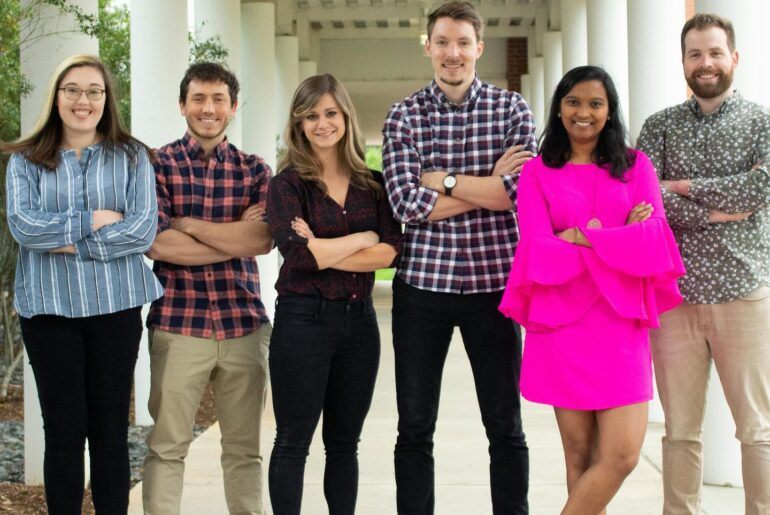
Charity Matters: Tell us a little about what Our Wave does?
Kyle Linton: We really started Our Wave in 2018 with the idea that we wanted to better support survivors of sexual trauma and give them a mechanism to anonymously share their stories. What we found was that there are all these opportunities for people to share their stories, which are incredible, but they’re very public. Survivors wanted to see other people’s stories, they wanted to share their own stories, but they didn’t necessarily want to do so publicly.
Since we’re technology design people, we wanted to create a platform where people could share their stories anonymously. We wondered if we could try to lean into the healing components and leverage research to give people resources as they’re sharing their stories and help them move past their previous instances of trauma?
Laura Sinko: I met Kyle at a sexual violence conference. I am a nurse by training and am also a researcher. My research was in healing after sexual violence. When I was interviewing survivors, I noticed this gap where people were really longing for community and for a place to really say and process their truth. Because I think sometimes you keep it inside and you don’t really even know how to put words what happened.
I stumbled across Kyle and heard him saying he wanted to create this platform. His vision is to help people tell their stories and then connect them to a community. Kyle wants to help people learn from each other, what works for them and what doesn’t… really resonated with me.
Charity Matters: What was the moment you knew you needed to act and start Our Wave?
Kyle Linton: In October 2018, someone in my life, directly experienced sexual violence. Somebody that was very close. For me, it was a really difficult period because I was trying to figure out a bunch of different things. I wondered, how do I support this person? How do I help them? And even as I’m feeling all of these things, I can’t even imagine what this other person is feeling who experienced it firsthand.
Then I realized that I have the opportunity and experience building companies and products. So I said, “Well, I have the capacity to do something here.” I got this idea, what if we could create a place, where somebody like this person very close to me, could go and see other survivors to get support and find healing resources?
I started just kind of pulling people from my life and saying, “I would love your support on this. If you have time?”. Then we found Laura at a conference. I said, “let’s bring it all together into this thing that can help survivors, and then let’s try to scale it like crazy.” So, that’s really where it started.
Charity Matters: Was there a back story that led you to this type of work?
Laura Sinko: Unfortunately, being a woman on a college campus, I felt like it was happening to so many of my friends who were experiencing these sexual violence experiences. So I got really interested in sexual violence since there are so many people in my life that were struggling to find healing. A lot of the work especially in medicine and nursing is focused on that deficit like you have trauma, you have depression, anxiety, and there’s so little focus on the healing aspect.
I was getting my Ph.D. in nursing, smack in the middle of my program, when I had my own experience of sexual violence. It was interesting because being a quote-unquote, “expert”, right? You think oh, I’m an expert in healing after the violence. I’m gonna be set. I can do all these amazing things because I know what to do. I have all the tools and it’s different when it’s yourself. It’s a totally different beast. And so that’s why it’s really important to really build that community because you can often feel like you’re all alone if you don’t get to share your story in some way. That is that moment when you know this just isn’t okay.
Charity Matters: What are your biggest challenges?
Kyle Linton: I think the biggest challenge for anybody doing this kind of work is how do you stretch minimal resources to make the most impact? The beautiful part about our organization is that because it is a technology platform, it has the potential for a massive scale. The trick for us is trying to support all these different populations and individuals who have these different levels of need.
Laura Sinko: I think funding is our biggest challenge. It would be nice for all the work that people are putting in if we could pay some of our staff for their work. And that’s not really me or Kyle, but the designers that are doing all of our content and all of these other people who are really putting in a lot of work. So that’s why my thing is it’s always about funding.
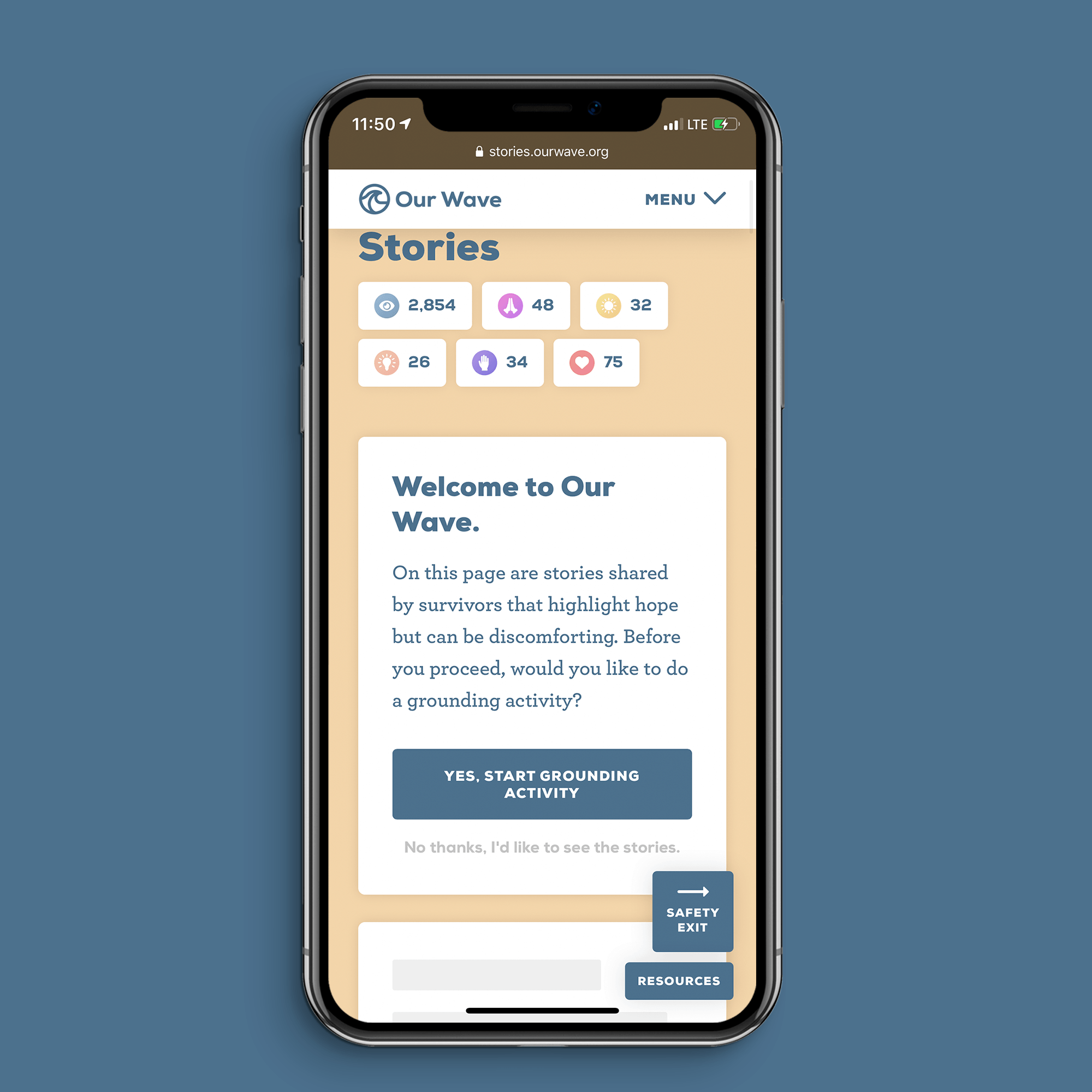
Charity Matters: What fuels you to keep doing this work?
Kyle Linton: I grew up in a household where my mom has run a nonprofit for 20 years maybe. She’s amazing. I had a household that was comfortable and it gave me the opportunity to do impactful work. I’m incredibly thankful for growing up with that sort of motivation. I was not encumbered with student debt and it gave me the opportunity to try to leverage my skills to help people. I’m in a position to do that, and a lot of people aren’t.
Laura Sinko: For me, it really truly is this the survivors. I was a mental health nurse for a while I’m now a sexual assault nurse examiner. Over the past four years, I have met just countless amazing survivors who have given me the privilege of hearing their stories and hearing their struggles. Whenever I have to write a grant or something that feels really daunting, I have this ritual where I like will light a candle and remember why I am doing this.
It’s like bringing the survivors in the room with me, the people that are counting on me and our team to really push this forward. And I will also say that being a part of this team of eight completely volunteers, people that give their evenings to this work their weekends to this work. I think that is also incredibly important. Not every team has that cohesion, but I think we do which was really helpful.
Charity Matters: When do you know you have made a difference?
Laura Sinko: It’s really been the FAQ Fridays. I think putting some questions that I kind of had when I first started experiencing these things, like, how do you manage triggers? Have you ever had that moment where you’re not really sure if it actually happened and you doubt your experience? It’s like, we’re all looking for the same answers. I think that participating in that has been really helpful to see really that we’re all are experiencing different things.
But there is some common thread between all of us, no matter how you feel. What we do is all about creating connections and community. That’s really the essence of what nonprofits do is bringing people together to help each other to solve something that’s at the core of what we do. So being able to build a big community like that in such a short time is so incredible.
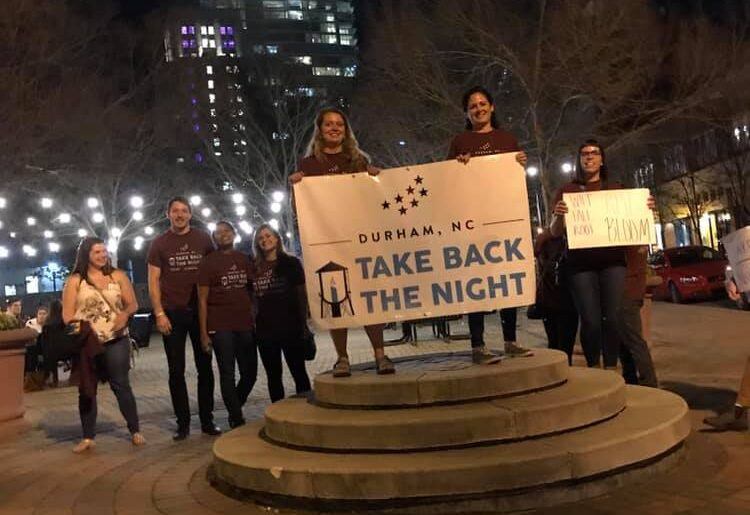
Charity Matters: Tell us what success you have had? What has your impact been?
Kyle Linton: I think that between the content and the platform that we have created we are somewhere between 100 and 200,000 survivors that we’ve been able to access and engage with and support in some capacity. Obviously, our aim is to increase that. We’re lucky as a technology organization that the number one thing that we have to our advantage is that scale and that ability to very quickly expand our efforts and reach that many people.
Laura Sinko: I think with social media, specifically, the direct messages, I just pulled up one now because it made me feel so good. This person said,” I just wanted to say how grateful I am to have found your page. I’ve struggled with what happened to me. So I really like to say thank you. I know you don’t know me, but just existing You make me feel seen.” And I feel like that is just something that when you think of impact is so important. The thought of being seen when you feel so alone is what keeps me going.
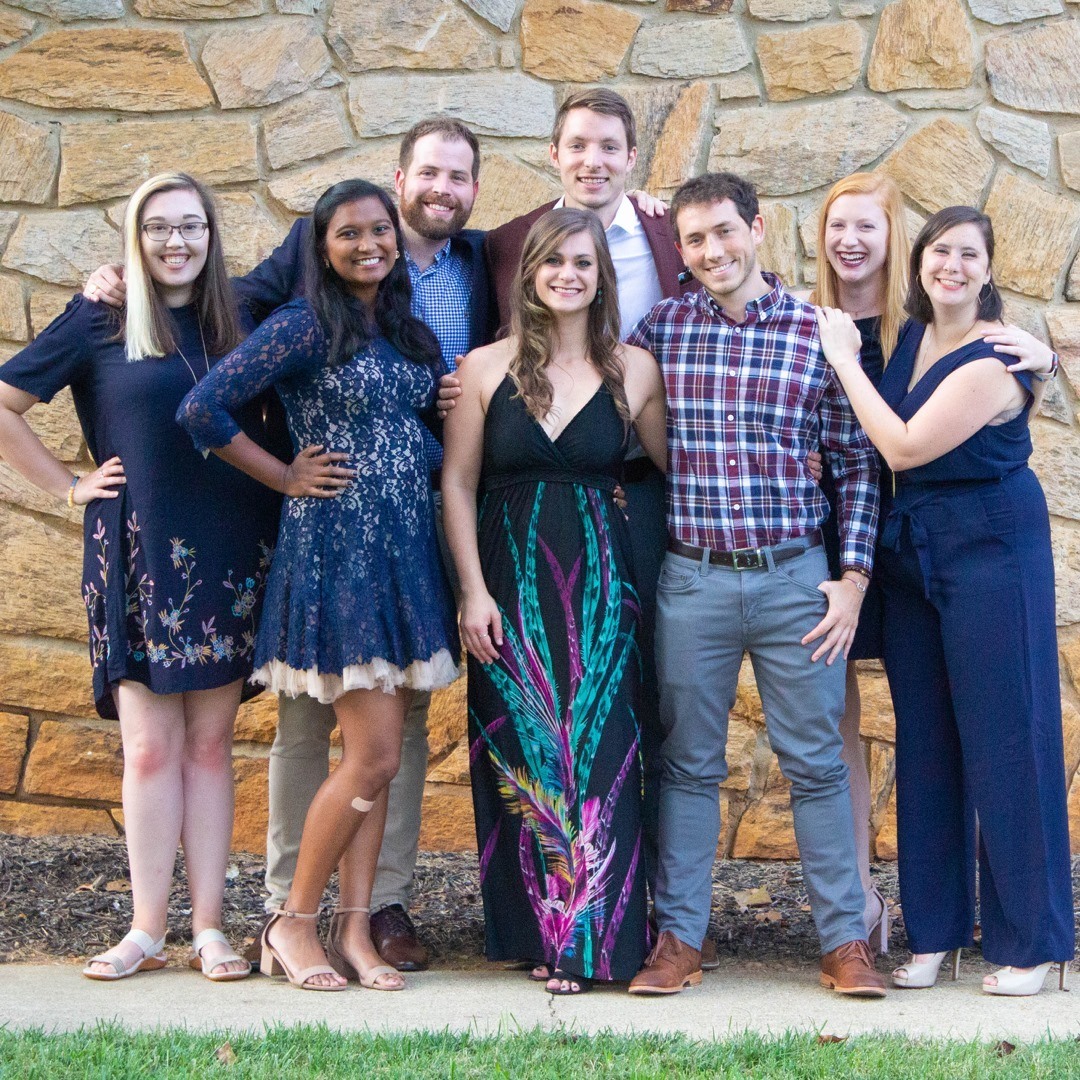
Charity Matters: What life lessons have you learned from this experience?
Laura Sinko: The main thing that I learned is that it’s possible to have an idea that you think fills a need, go out and do it. I noticed this gap and thought, I’m just a nurse, I can’t do this. That is really important no matter who you are, or where you’re at if you have an idea and you think it feels a need, and it’s really going to help people, take a chance on yourself because I feel like you can do so much good for other people.
Kyle Linton: I think internally, it’s been incredible to see how people many people want to give back and contribute to helping other people. What’s been really surprising to me, even just outside of our core team, is the number of volunteers that we have that come to us and say,” Hey, I’d love to get back and contribute in some way. I just want to help.” It’s been really inspiring to just see how much people want to contribute. I would say it’s been really amazing to see what we can do with absolutely no resources and to figure out how to be scrappy and how to create something from absolutely nothing and to have it be so purely good.
Charity Matters: How has this journey changed you?
Kyle Linton: I think for me, the biggest one would be understanding all of the different things that people experience at different points in their life. And then seeing how that impacts them in so many different ways that I could have never imagined really getting a much level deeper level understanding of trauma.
I think makes you more empathetic, thoughtful, and makes you want to listen to people more because this happens a lot more than you can imagine. And it affects people differently. So, really learning to be empathetic, to listen, and to understand has been really beneficial to me.
Laura Sinko: But on the other side, I think connecting with folks like Kyle, who maybe didn’t experience it himself, but have that drive to give back. I’ve just been shocked by the people who maybe haven’t had that in their own personal life in terms of direct harm, but still feel compelled to come forward and help. People say, look for the helpers, but seeing those wanting to help has really given me a lot of hope for the world. We do this in the hope to help other people to move the world forward a little bit, one person at a time. That’s why we’re here.
CHARITY MATTERS.
New episodes are released every Wednesday! If you enjoyed today’s episode, please connect with us:
- www.Charity-Matters.com
- On IG @Charitymatters
- Post a screenshot & key takeaway on your IG story and tag me @heidijohnsonoffical and @Charitymatters so we can repost you.
- Leave a positive review on Apple Podcasts
- Subscribe to new episodes each week!
YOUR REFERRAL IS THE GREATEST COMPLIMENT, IF YOU ARE SO MOVED OR INSPIRED, WE WOULD LOVE YOU TO SHARE AND INSPIRE ANOTHER.
Copyright © 2021 Charity Matters. This article may not be reproduced without explicit written permission; if you are not reading this in your newsreader, the site you are viewing is illegally infringing our copyright. We would be grateful if you contact us.

